In 2021, Kenya did a survey of its wild area, and estimates that there is 2589 lions (this is around 74 lions more than the list I have been using for most of these numbers)
So, where are the Kenyan lions?
The Massai Mara national park is found in Kenya. It has an estimated population of 850-900 (this is a lifetime dream location for many people interested in wildlife). Look up the Serengeti ecosystem, for links in this ecosystem. We hope to add far more over time.
Ambosseli national park hosts roughly 100 wild lions. It is a big 5 reserve, and even has cheetah and a few wild dog, making it an ecotourism big 7 reserve (something that many larger reserves cannot claim). This reserve is only 392 square km. The Tsavo Amboselli ecosystem is thought to have roughly 675, thought these numbers are estimates, and it is unclear how accurate they are. While this whole ecosystem is very large, parts like Tsavo West are not good for animals like lion, which means that their density is likely to be higher than these numbers would suggest.
Niarobi national park has roughly 35 lions. It should be noted, that the range of the lions is thought to be around 400 square km, which is almost 3 times the size of the park at 140 square km. This park is odd. Once opening to the open savannah, the suburbs have expanded, and now largely completely surround it. Never-the-less, there is few other places in Africa where you can see lions with skyscrappers in the background. This reserve has 4 of the big 5 (missing elephants)
Hells gate national park is tiny, at half the size of the Niarobi national park. It was a big 5 reserve in the 1950s, and there is a suggestion that there are still a handful of lions, but not more than this. It is one of quite a few national parks, split by relatively short distances of human settlement, but it might as well be the other side of the moon, for the abillity for most small animals to move between.
The Abadares mountains national park still has a few lions, though it is unclear how many. In 2000 100-200 lions were killed to help a local antelope on the verge of extinction to survive.
Lake nakuru national park has a small lion population. A 2018 survey counted just 16, even though earlier surveys had counted 60. I have personal history here, as this was the first African wilderness that I visited.
Meru national park has an estimated 76 wild lions. It covers 870 square km (340 square miles)
Mount Kenya National Park is 715 square kilometers (276 square miles) in size. Despite its relatively small size, it is a big 5 reserve, though leopard and rhino are both rarely seen.
Samburu Nature reserve has a population of 40-50 lions, alongside all of the big 5 (and both species of African rhino). Cheetah are found, and even wild dog.
Ruma National park has lions leopards and cheetah (though the lion and leopard are very hard to see) the last roan of Kenya survive in this national park, but only 19 or so are still there.
Kora national park is another ecotourism big 7 reserve. While the number of lion is hard to ascertain is the place where George Adamson worked in the 1970s. George Adamson, (husband of Joy Adamson – author of Born free along with many other books) his brother Terence, and Tony Fitzjohn worked together to rehabilitate lions and leopards in the park from 1971–1988. How easy it is too see wild lions is unclear, but well worth a visit.
Shimba hills nature reserve
Buffalo Springs National Reserve
Mount Elgon National Park
Shaba National Reserve
Chyulu Hills 250 lions
Marsabit National Park
Sibiloi National Park claims to have lions (though a survey from 2020 found none)
Malka Mari National Park has lions in its 1500 square km area this is another Ecotourism big 7
There are also likely a wide array of private reserves that are linked to these above, and perhaps even private reserves off on their own that are likely to host lions. I hope to grow the links as fast as possible

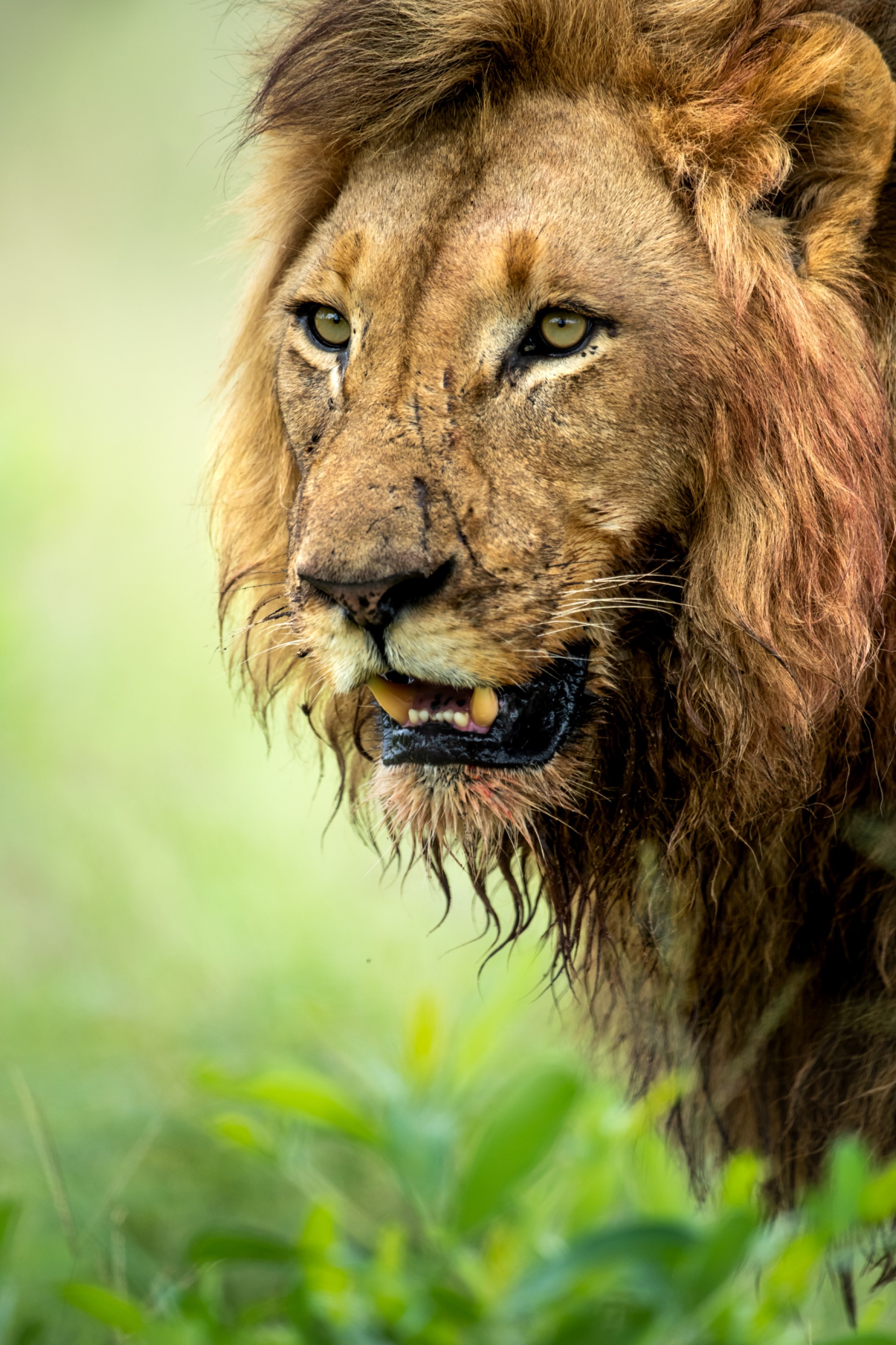
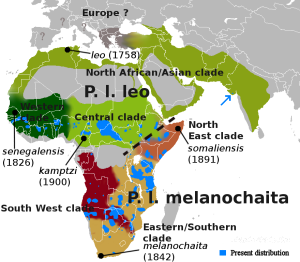
 As you can see from the map above, the name African lion is not particularly accurate, given that half of Africa was inhabited by the Asian Lion. Still, even taking into account this number of African lions which belong to the Asiatic lion subspecies, still the population of African lion subspecies account for the majority of lions left in the world. It should be noted, that while
As you can see from the map above, the name African lion is not particularly accurate, given that half of Africa was inhabited by the Asian Lion. Still, even taking into account this number of African lions which belong to the Asiatic lion subspecies, still the population of African lion subspecies account for the majority of lions left in the world. It should be noted, that while 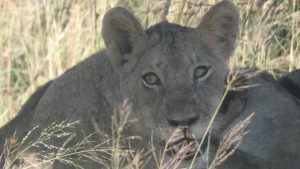
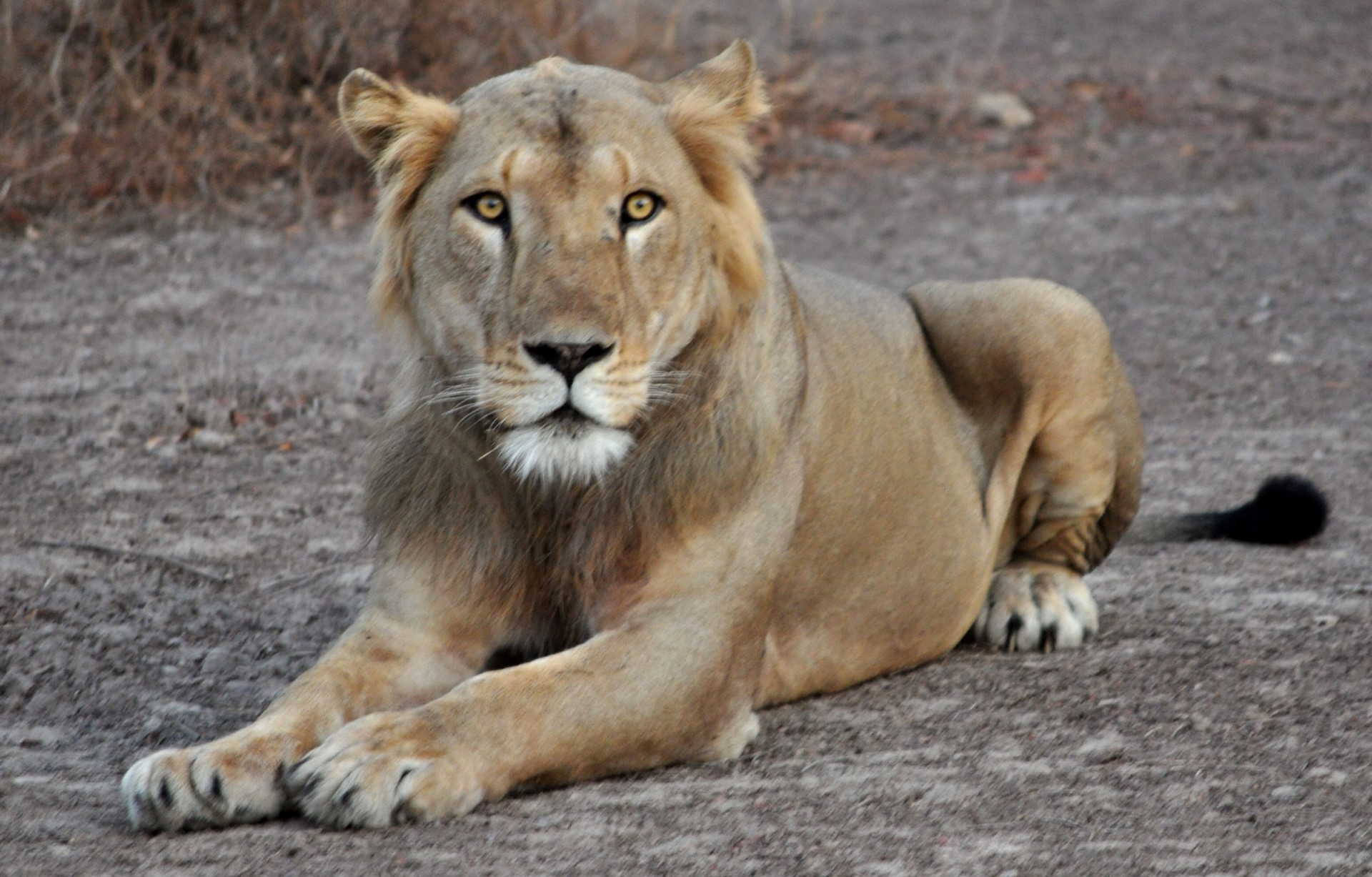
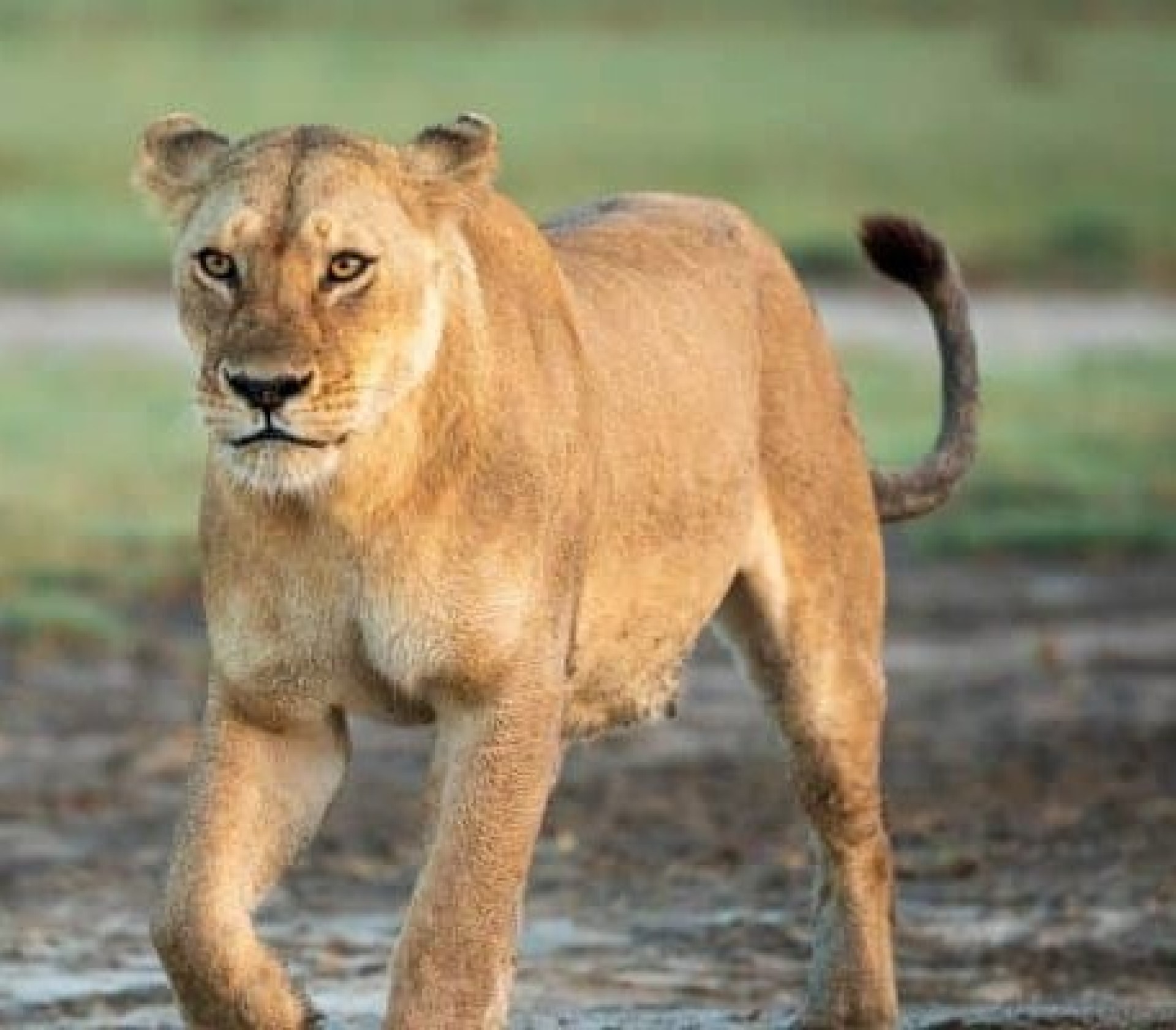
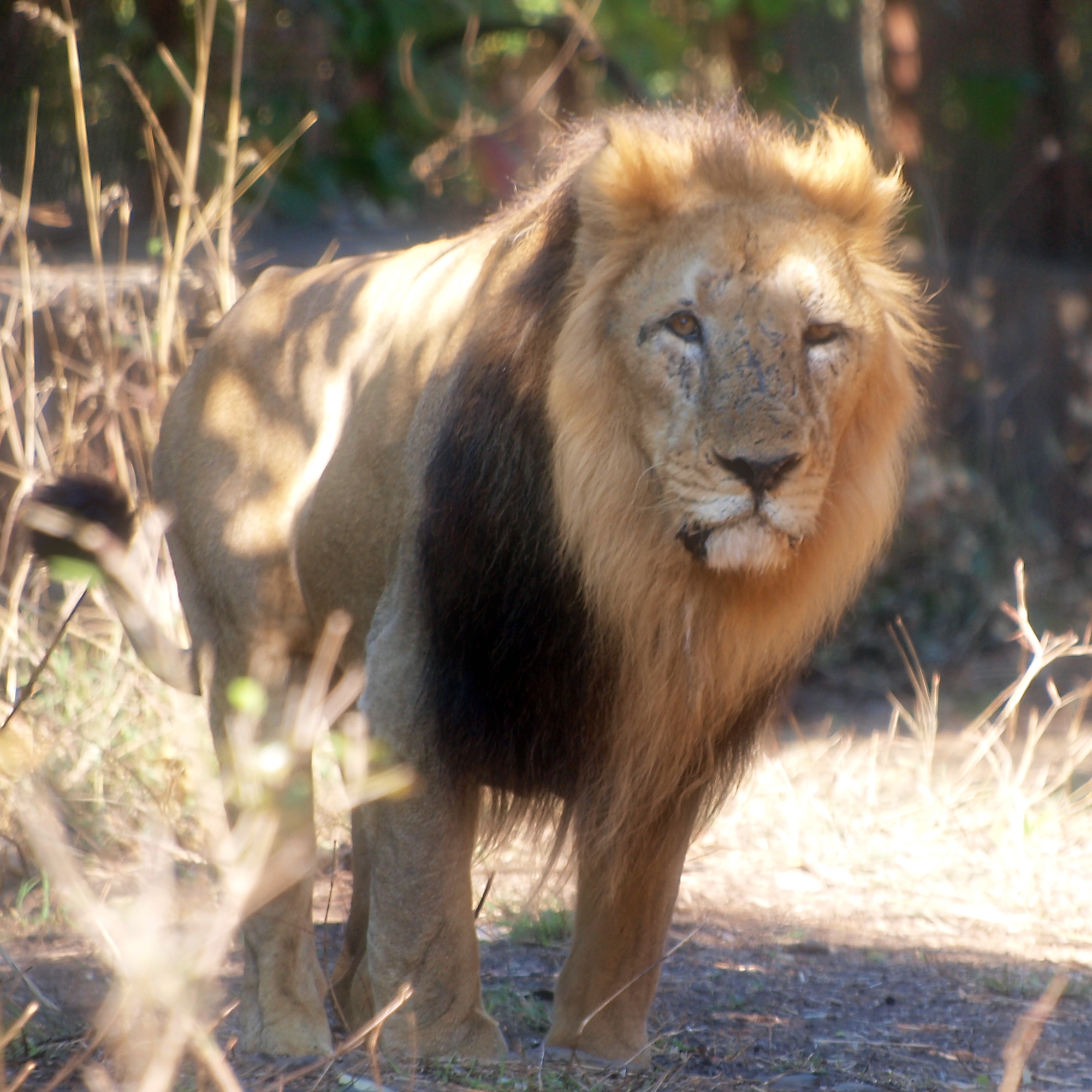
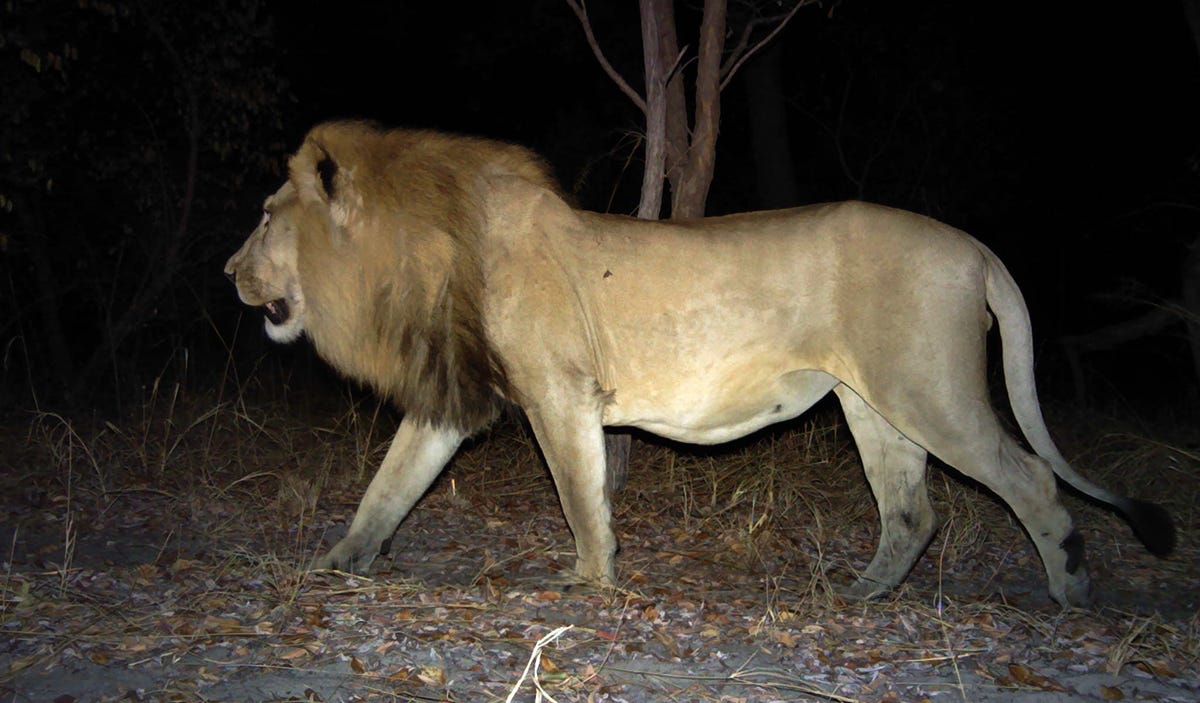
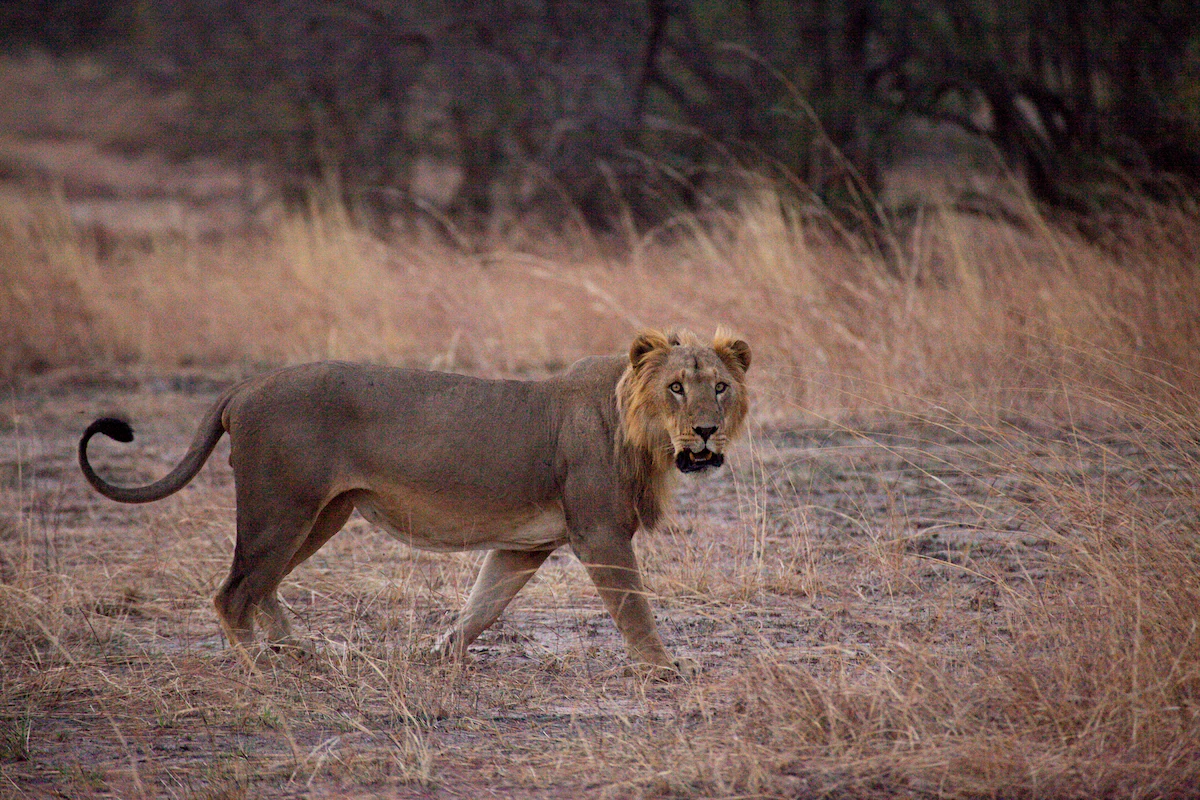
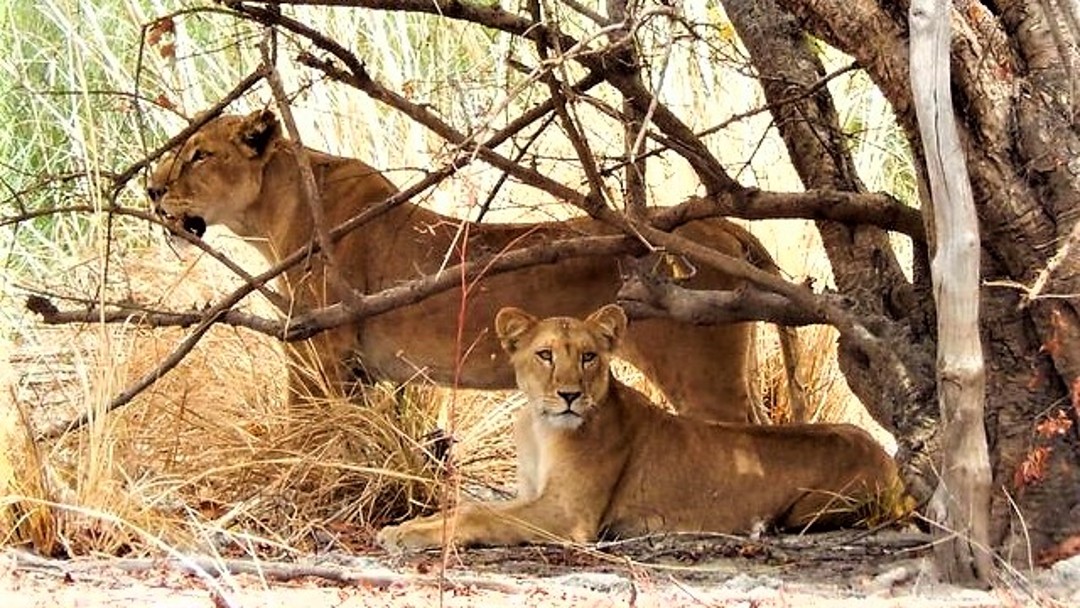

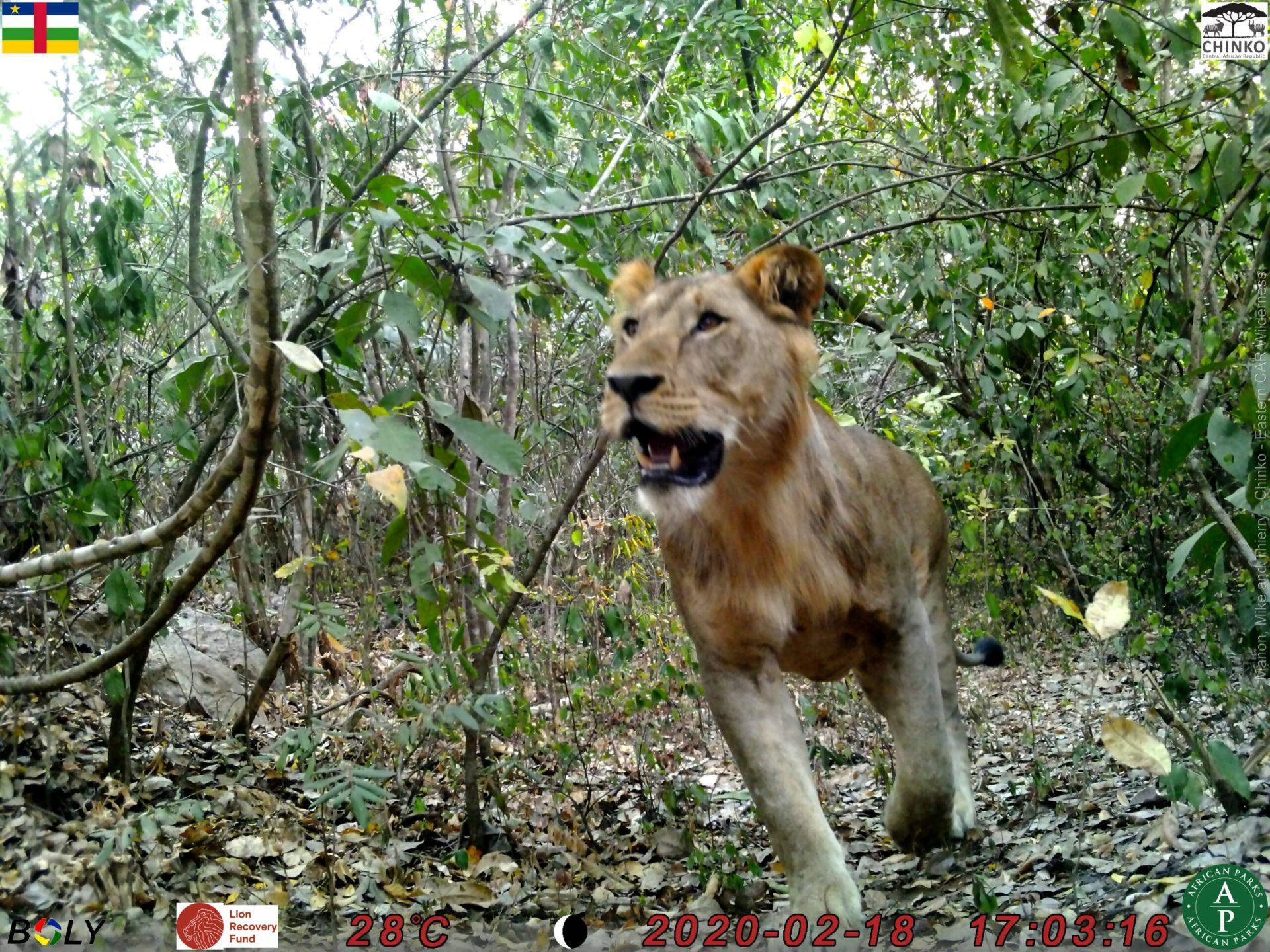
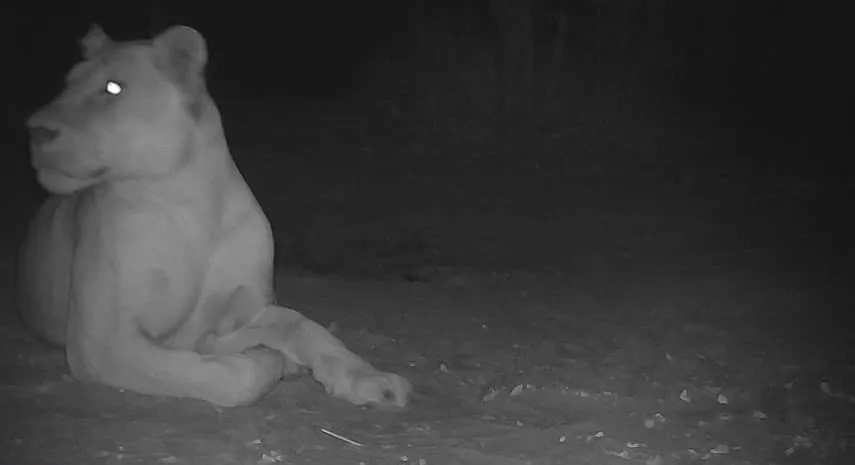
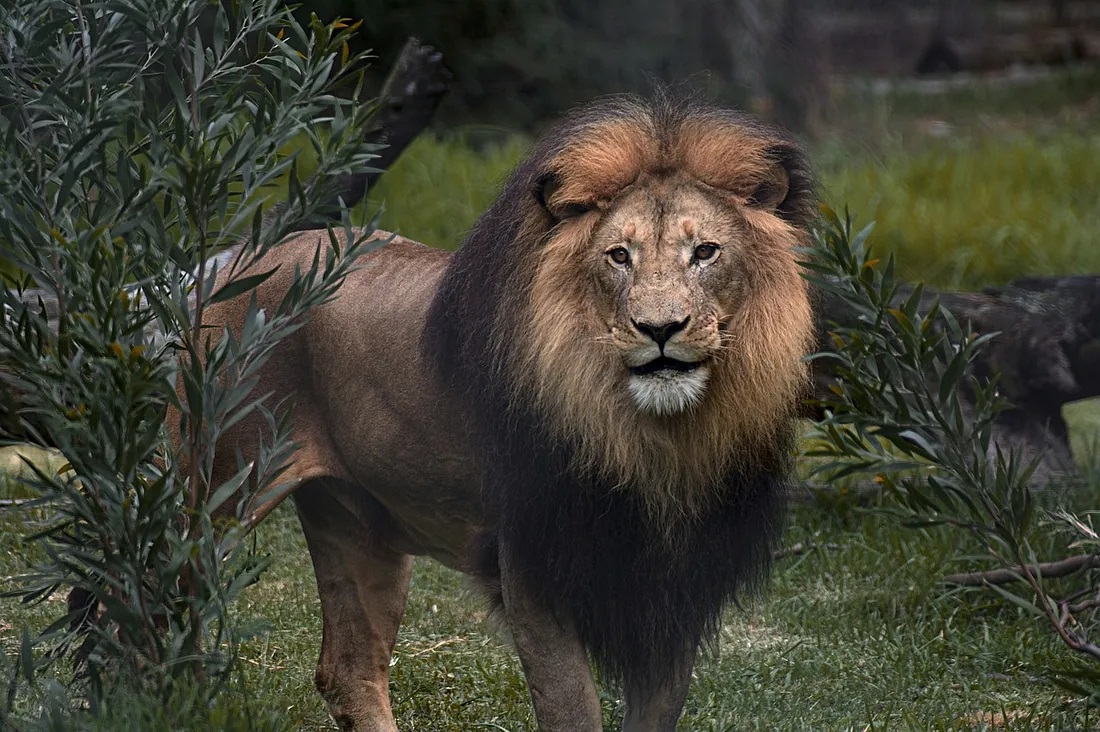
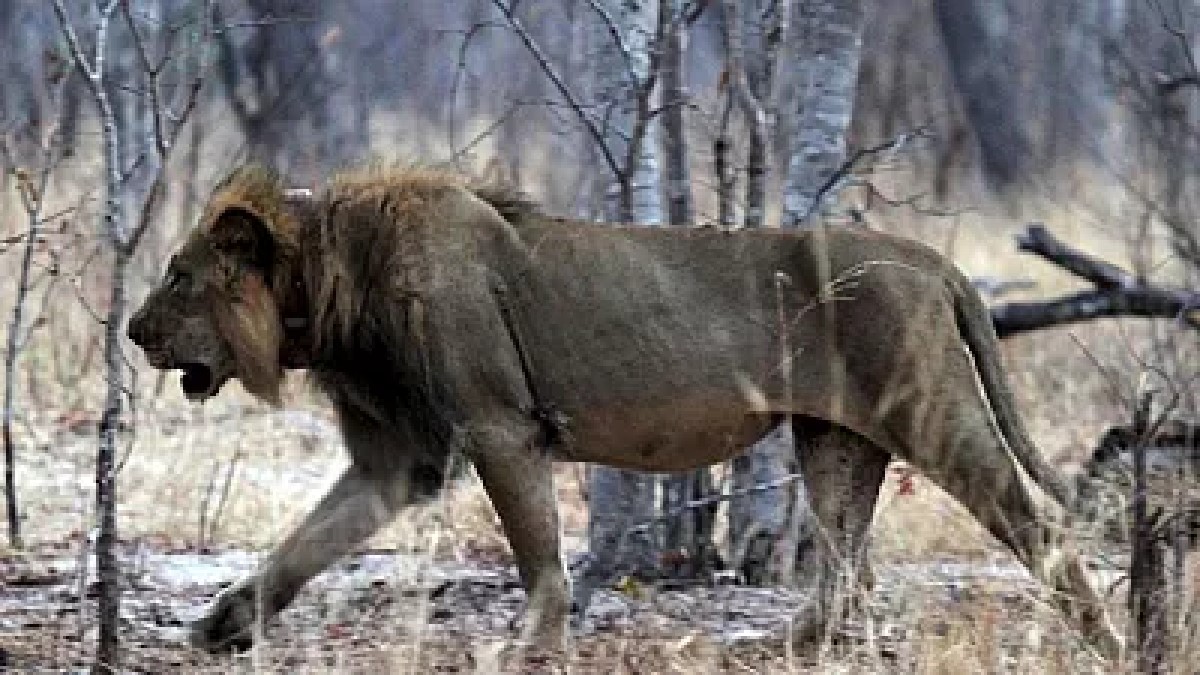
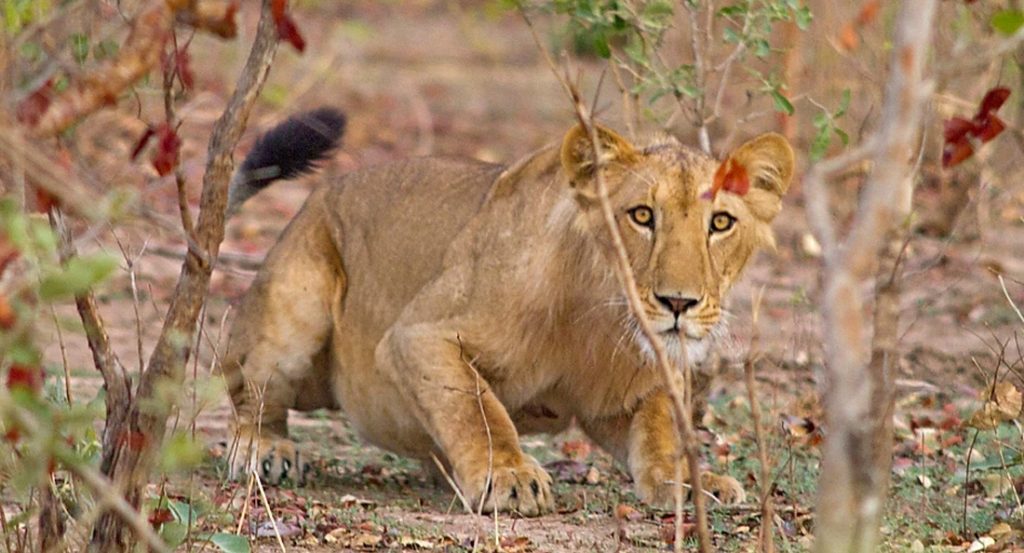
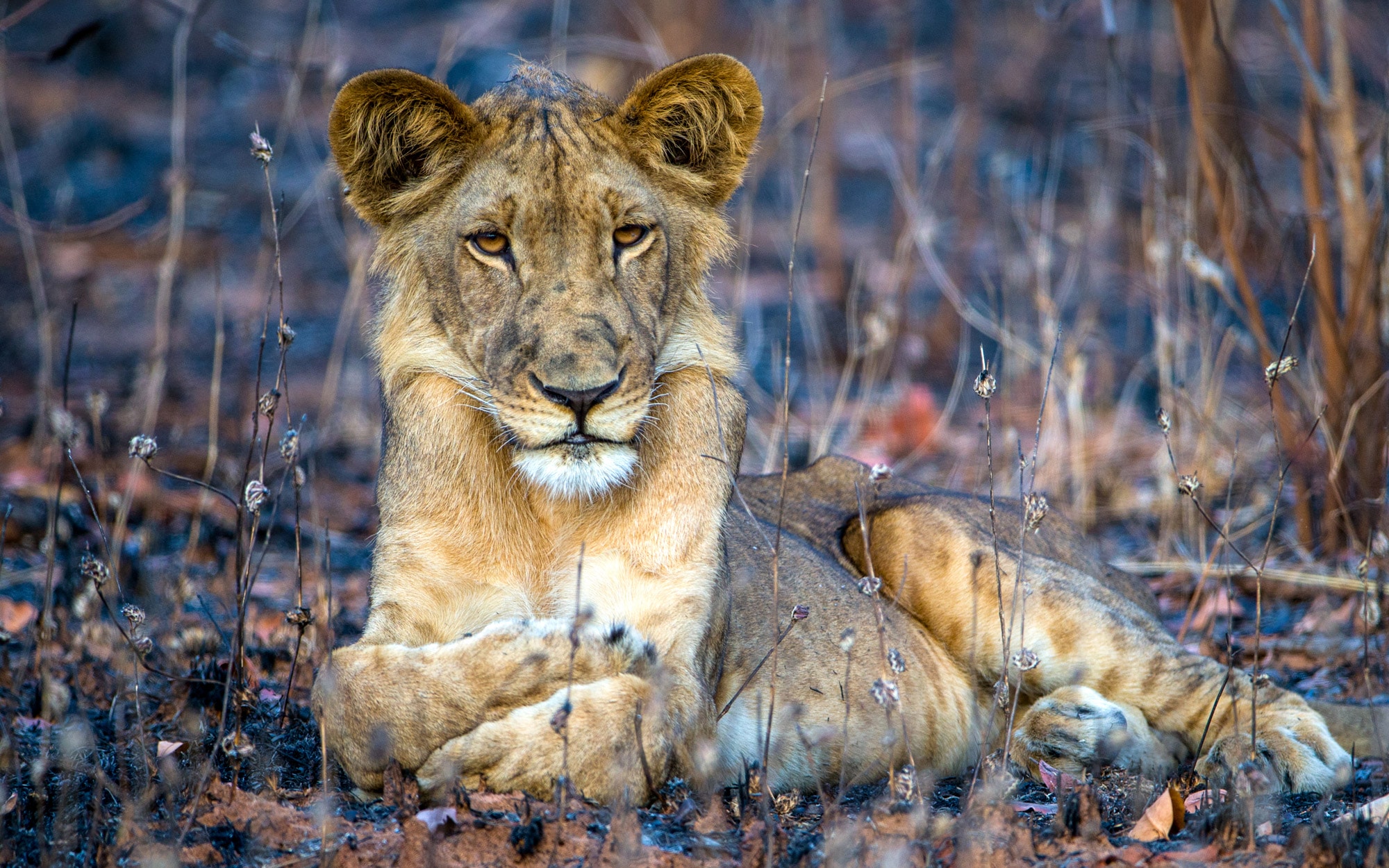
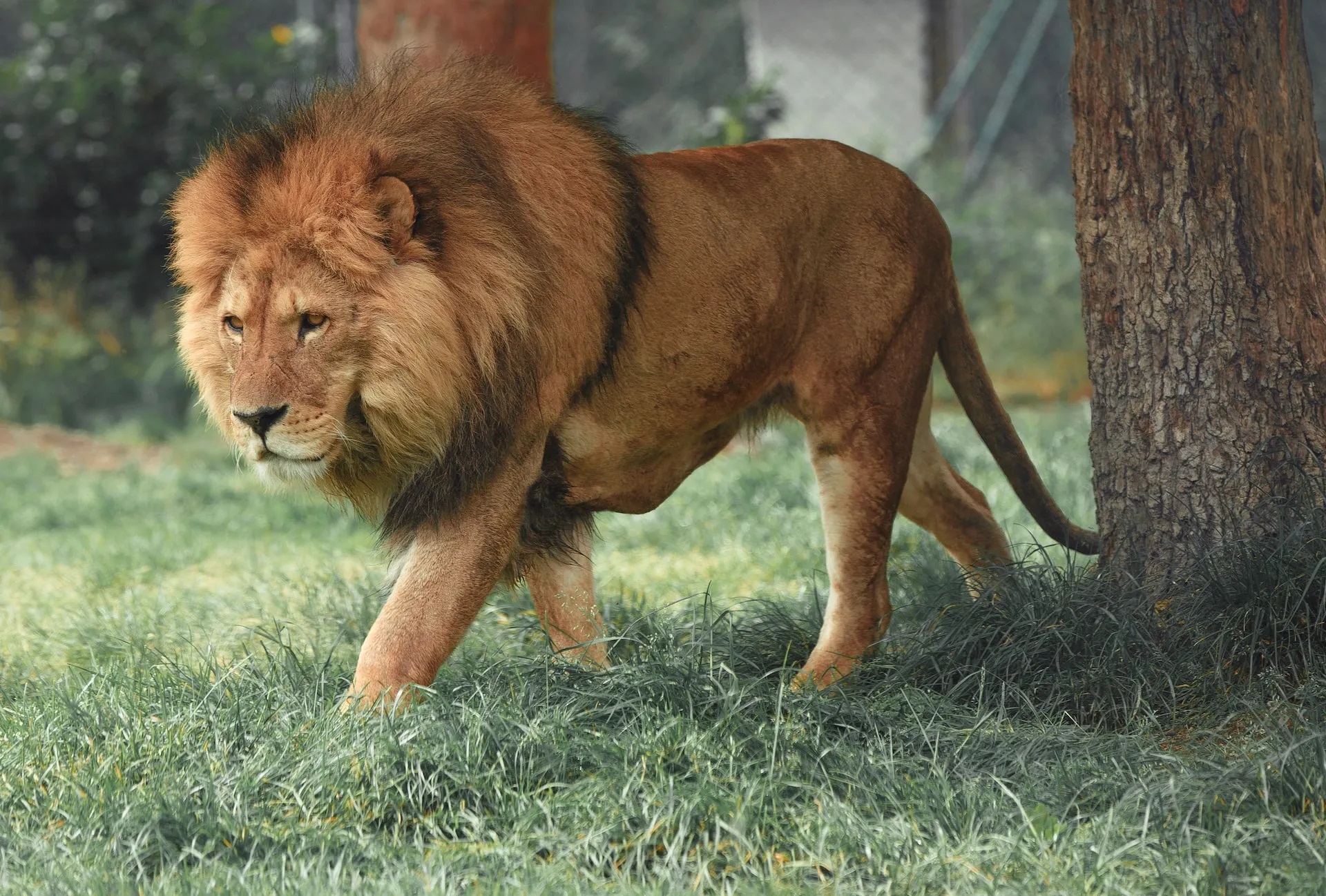
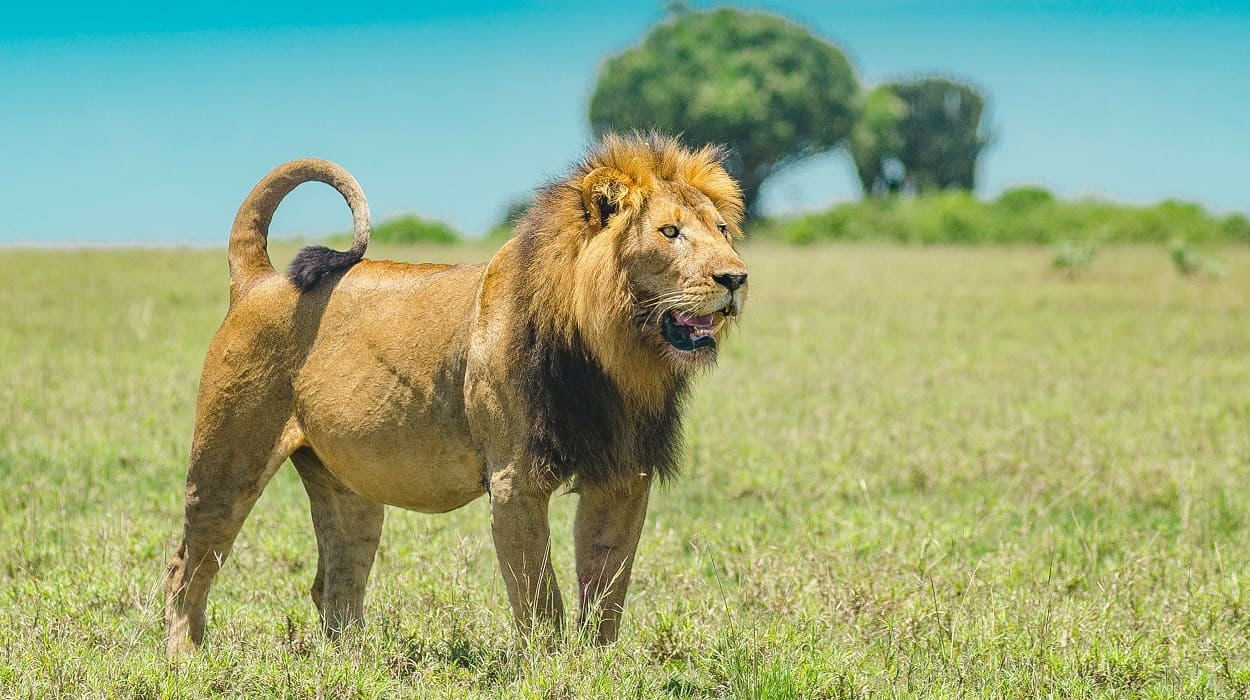
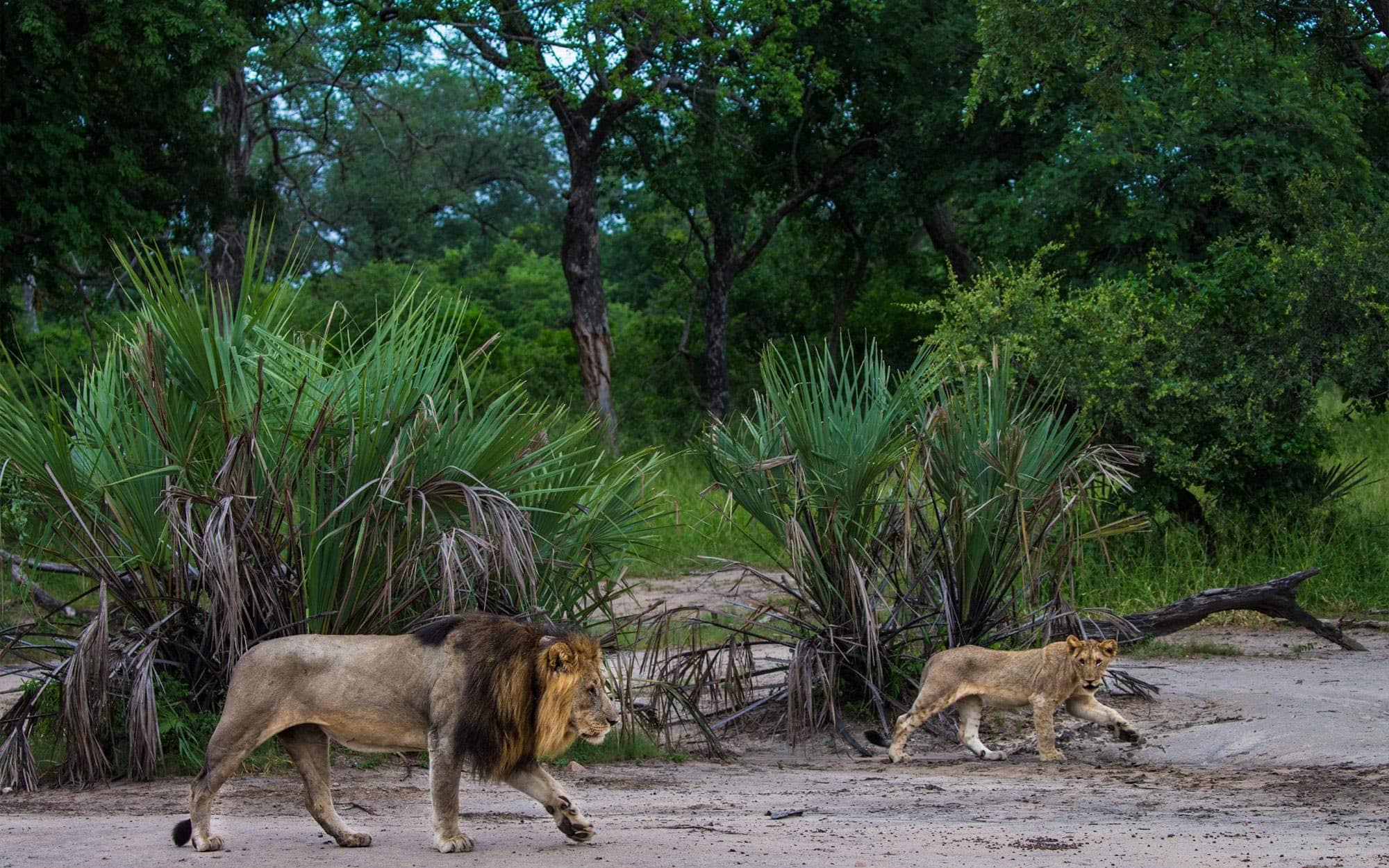
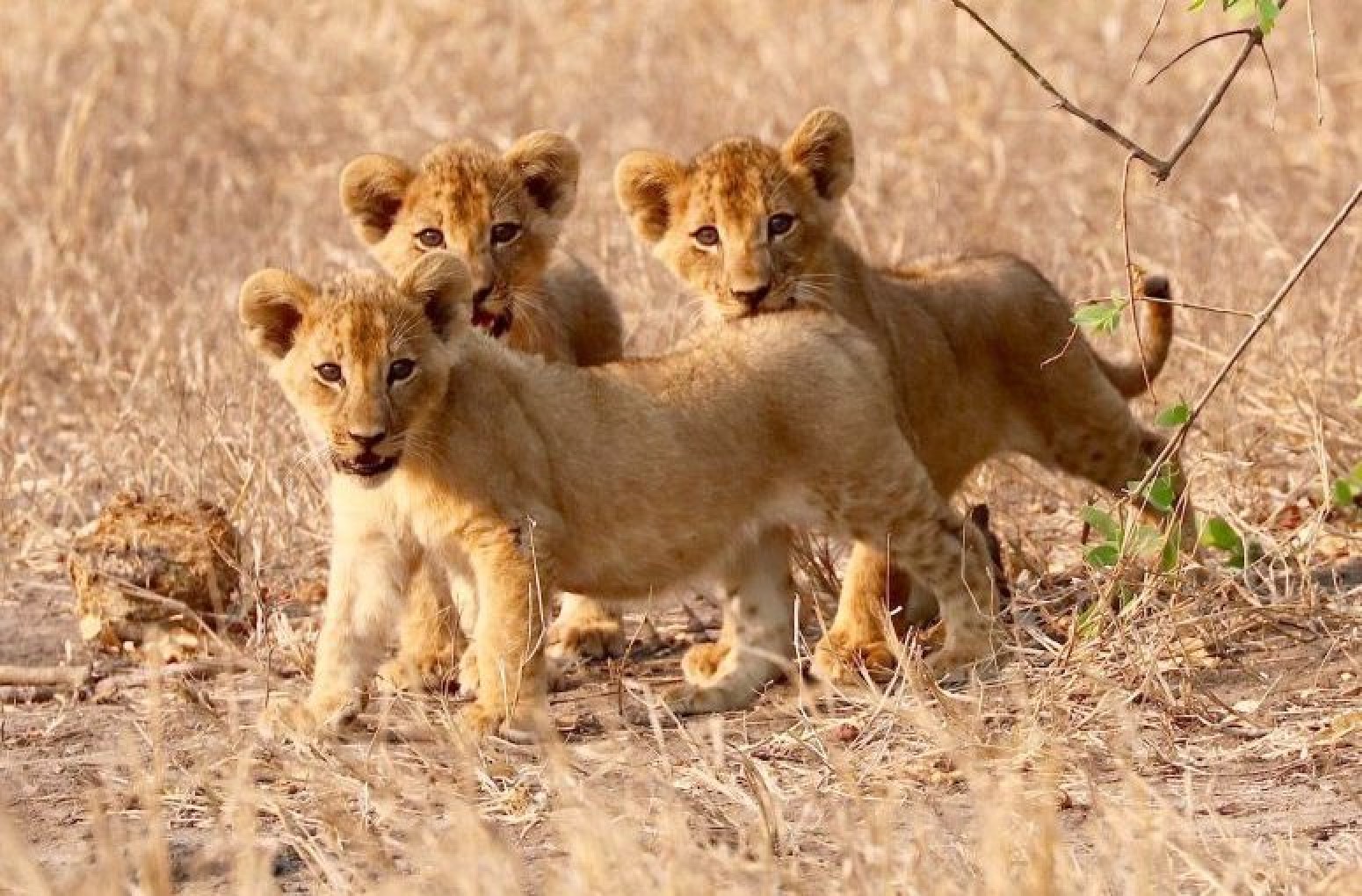
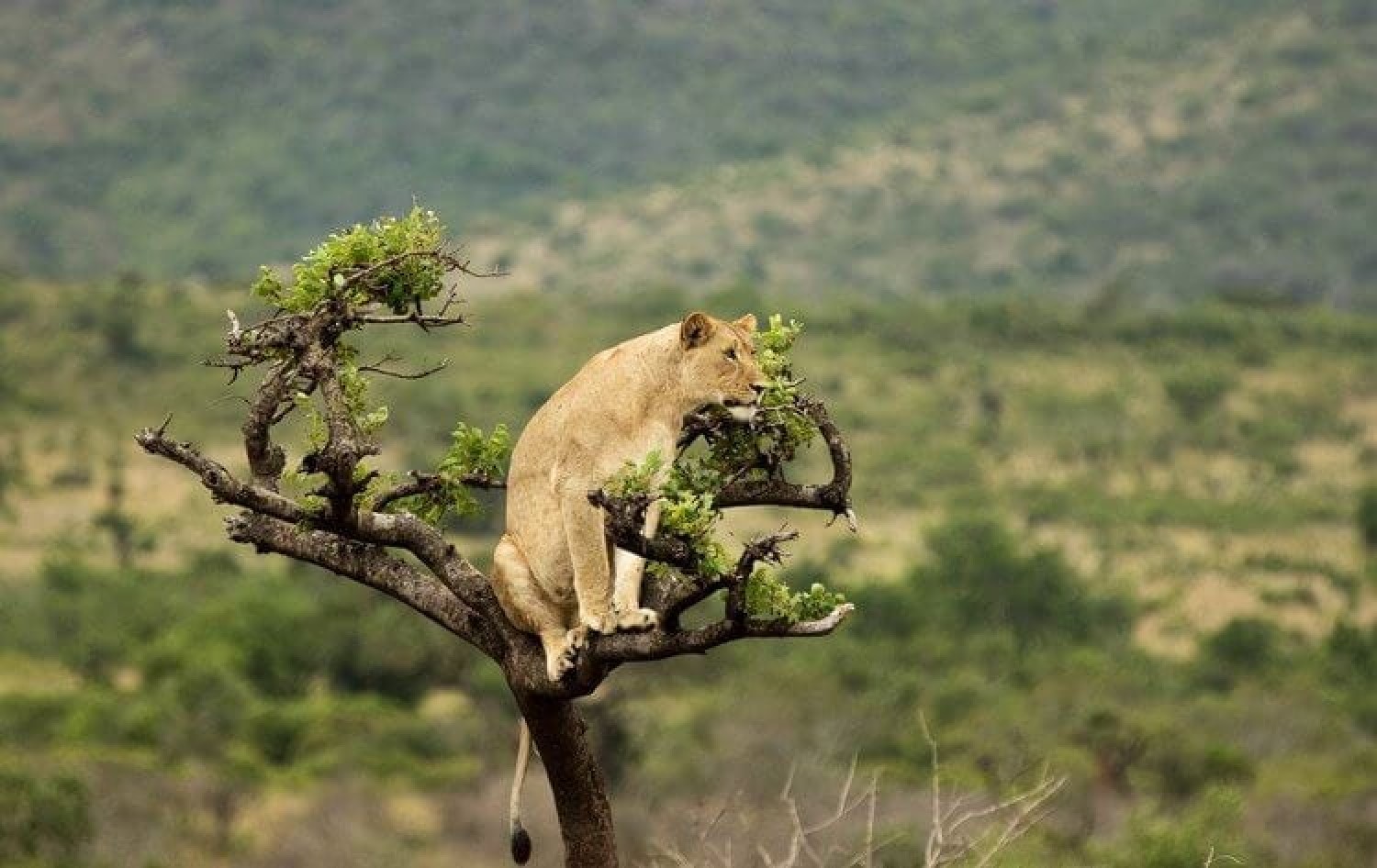
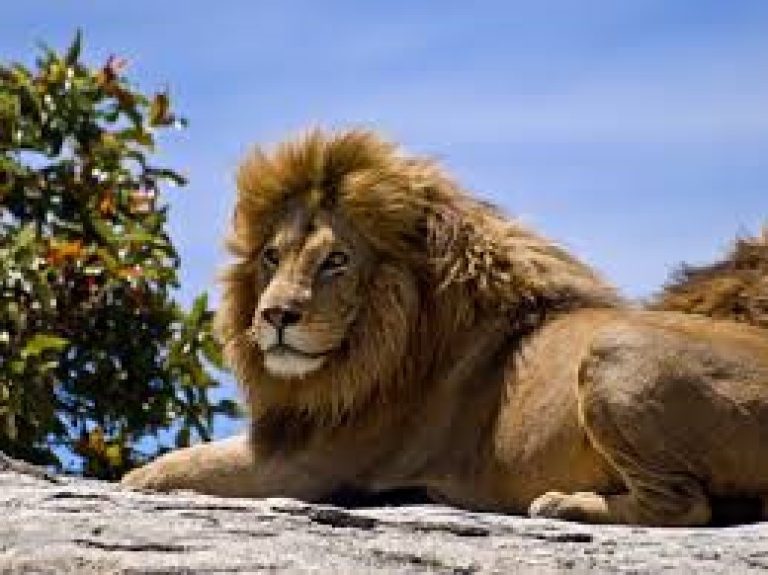
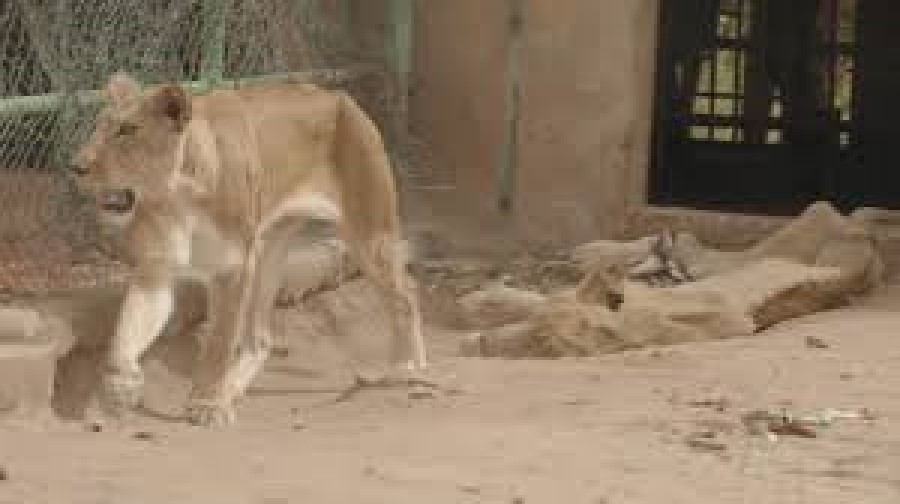
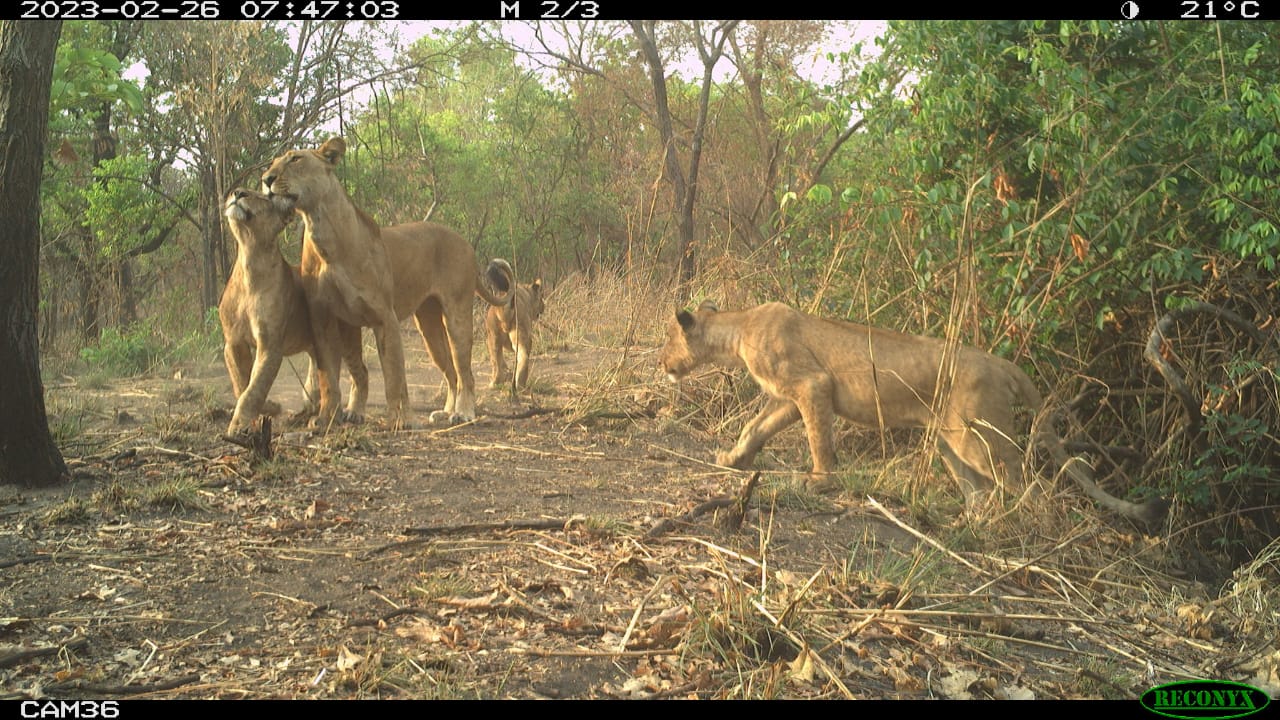
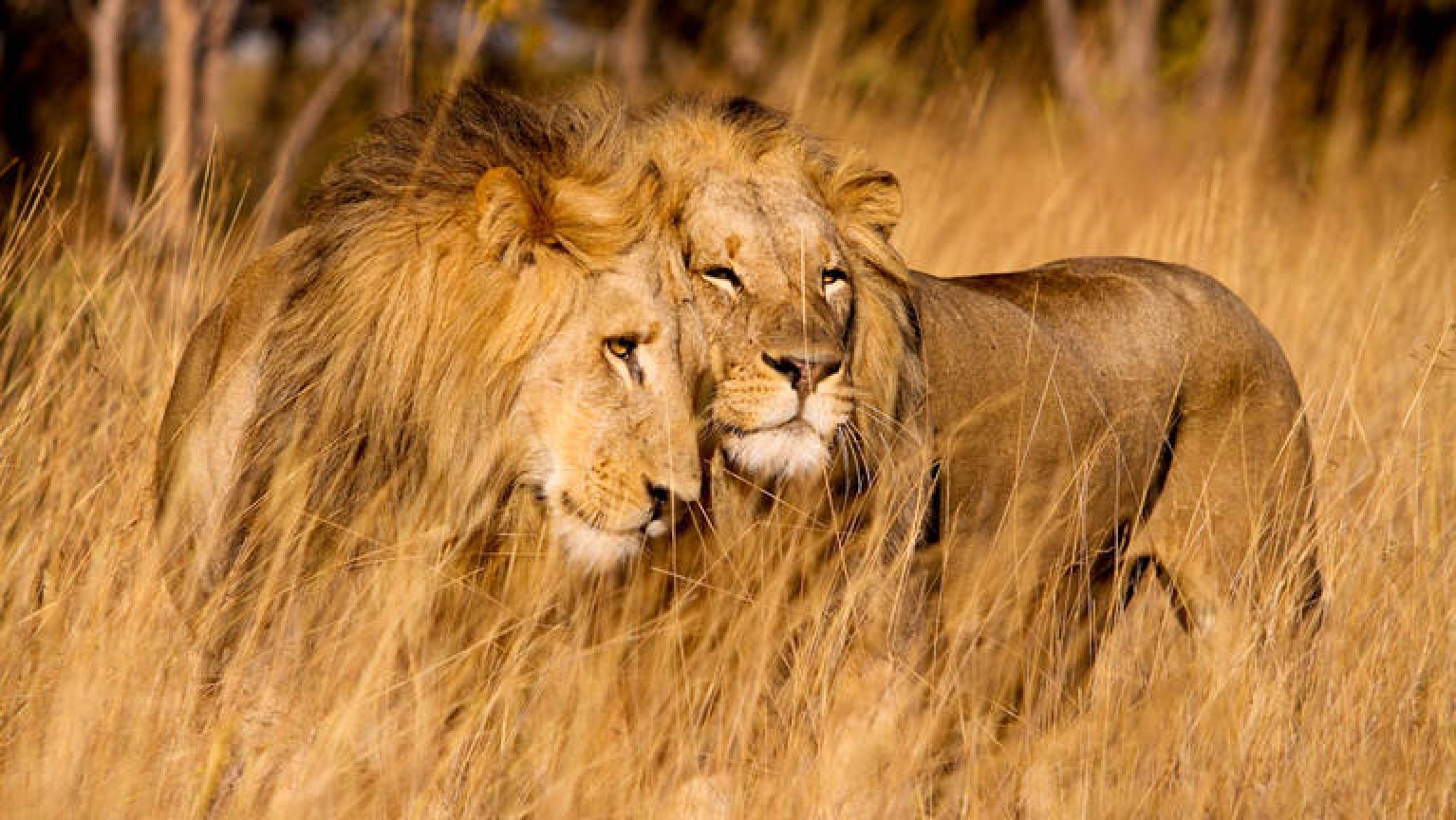
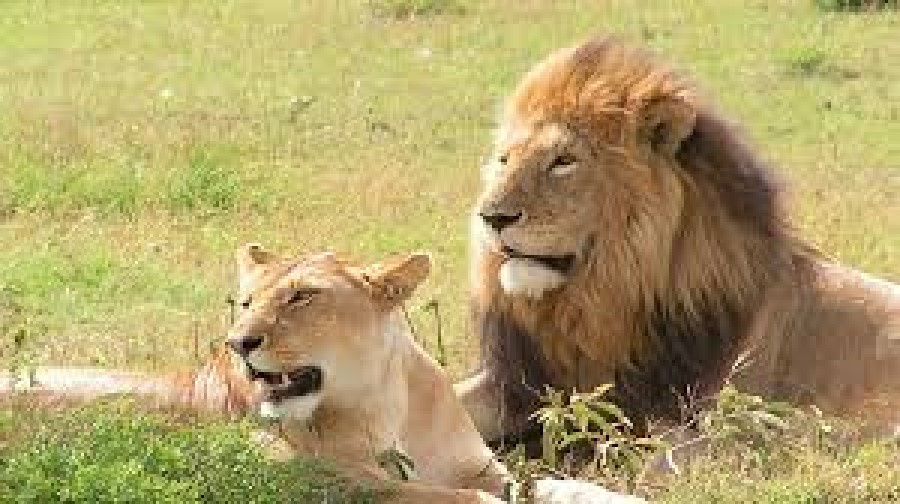
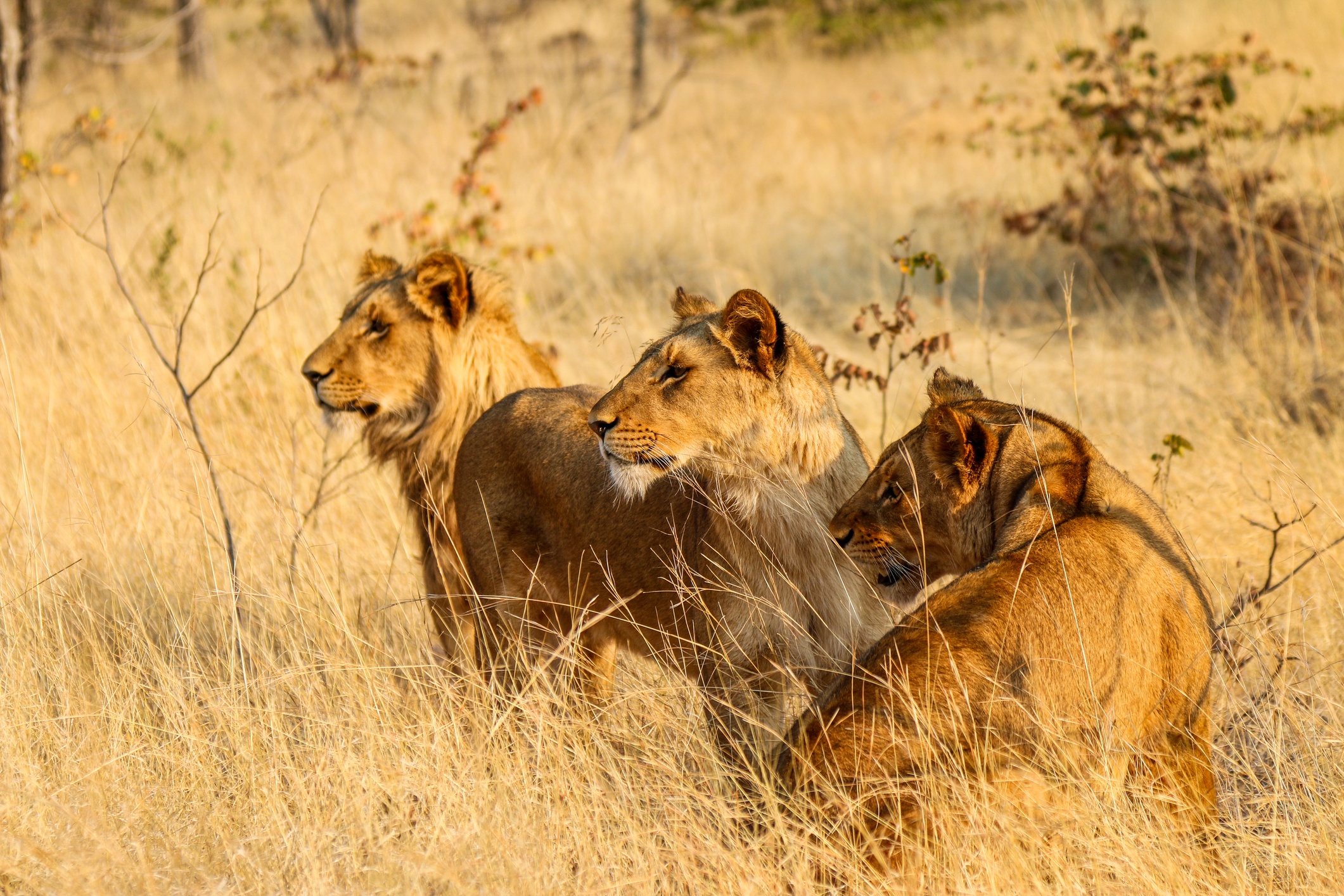
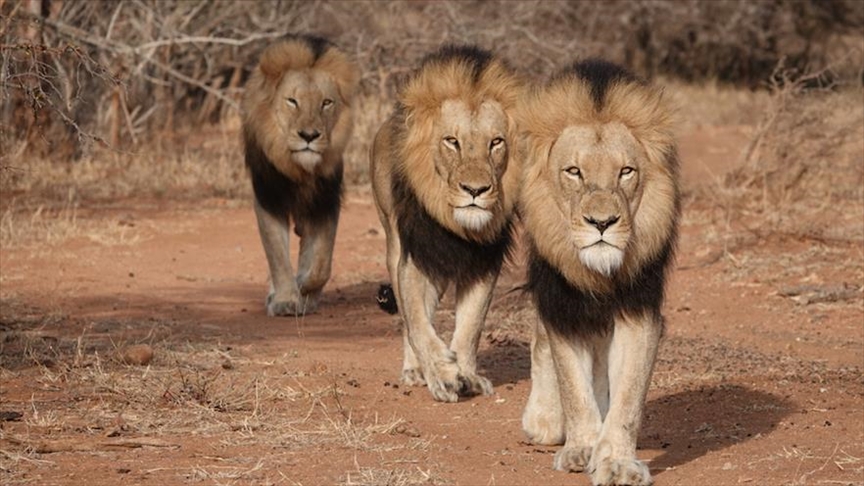
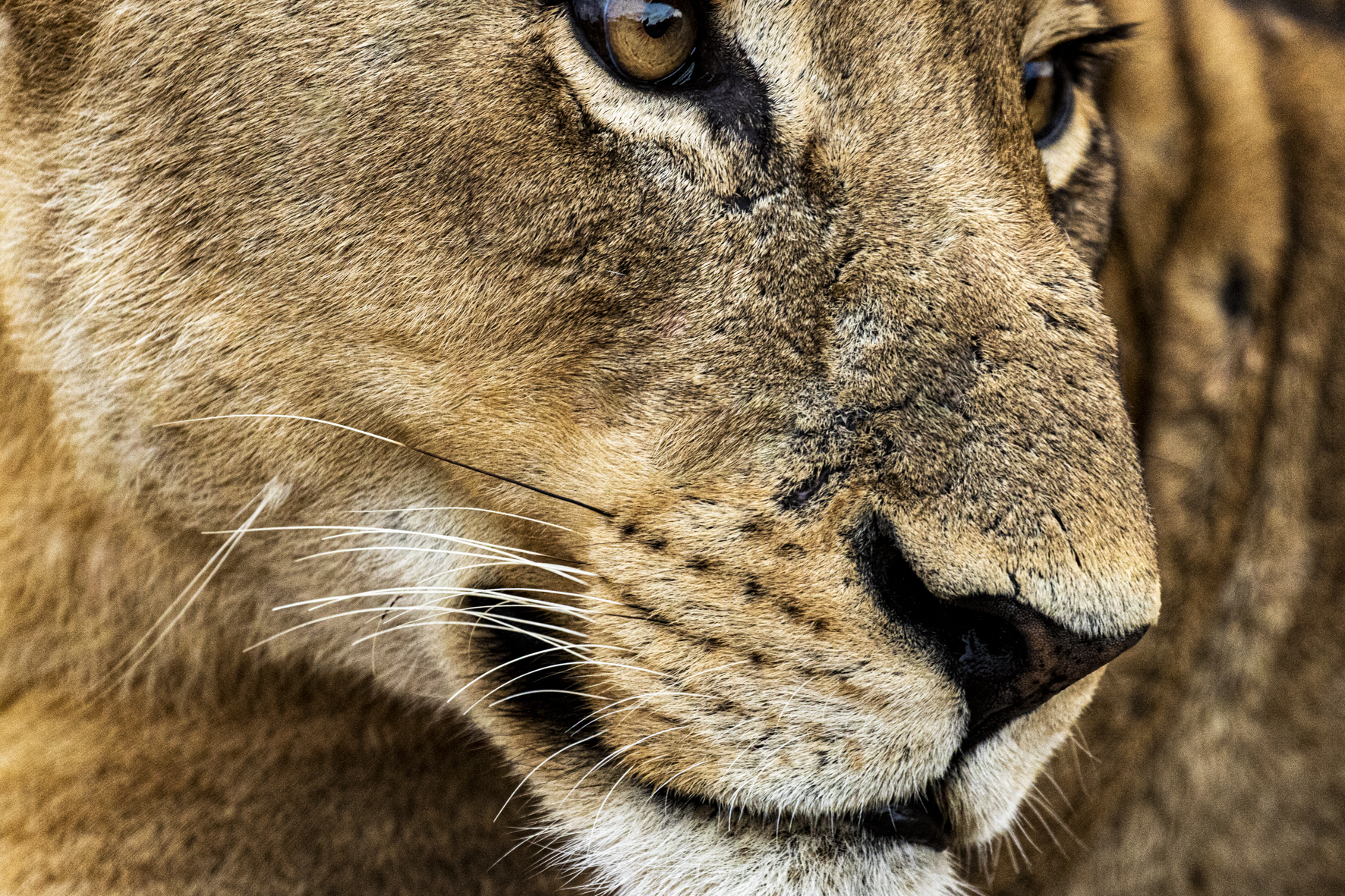
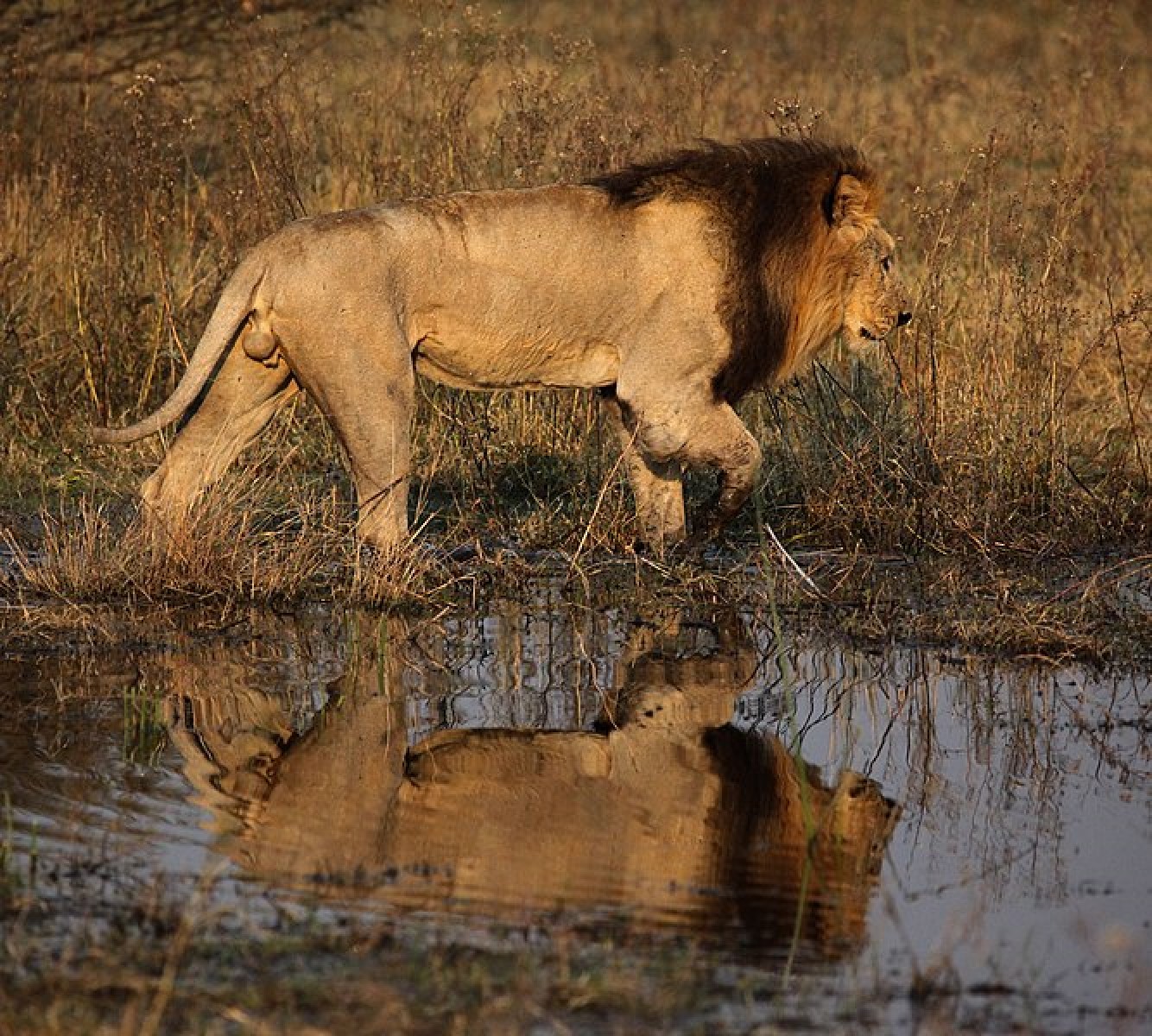
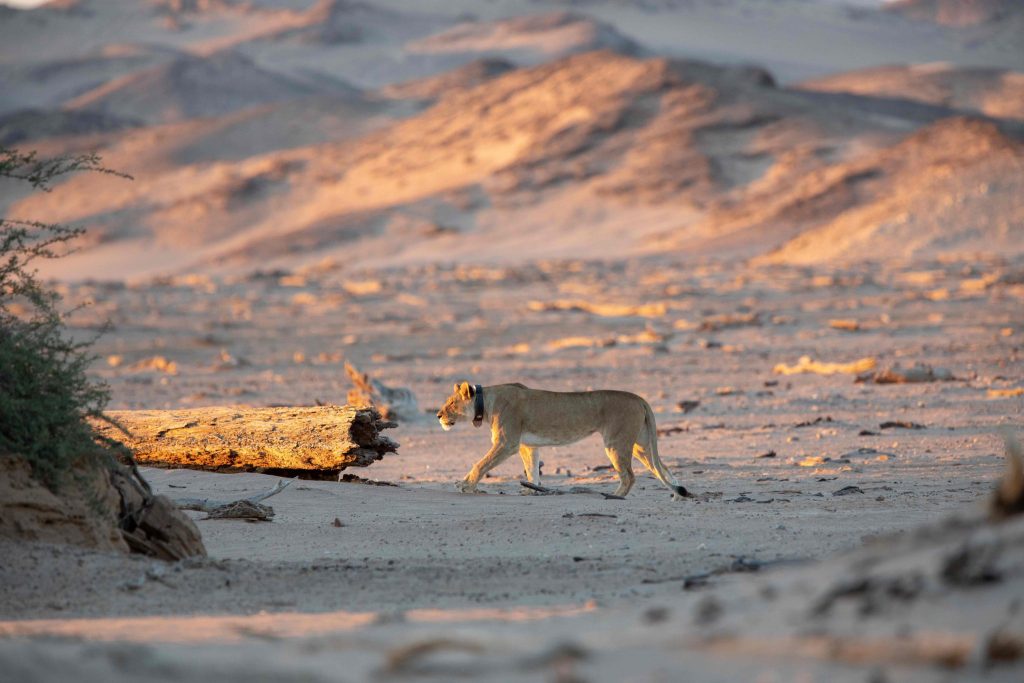
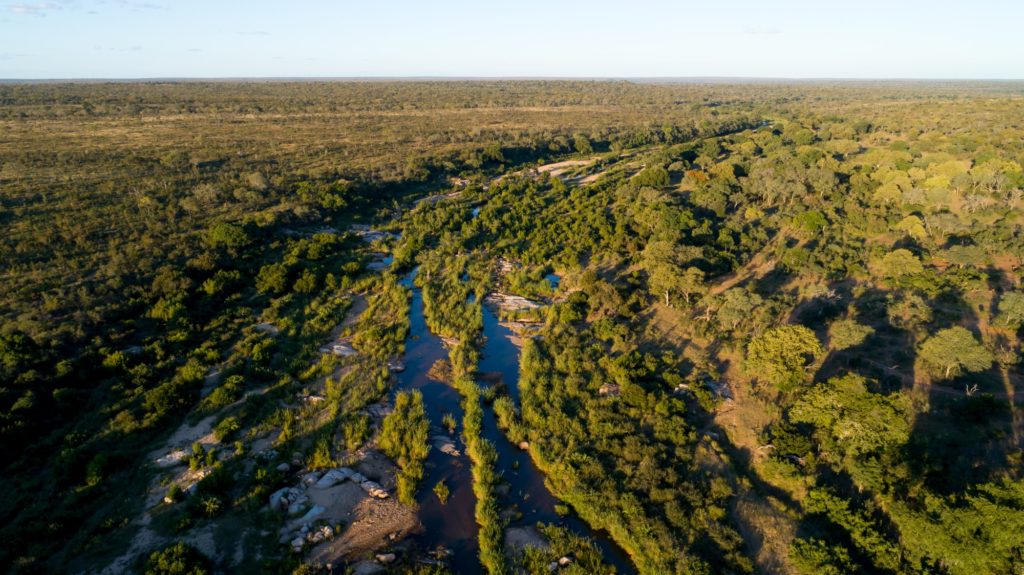
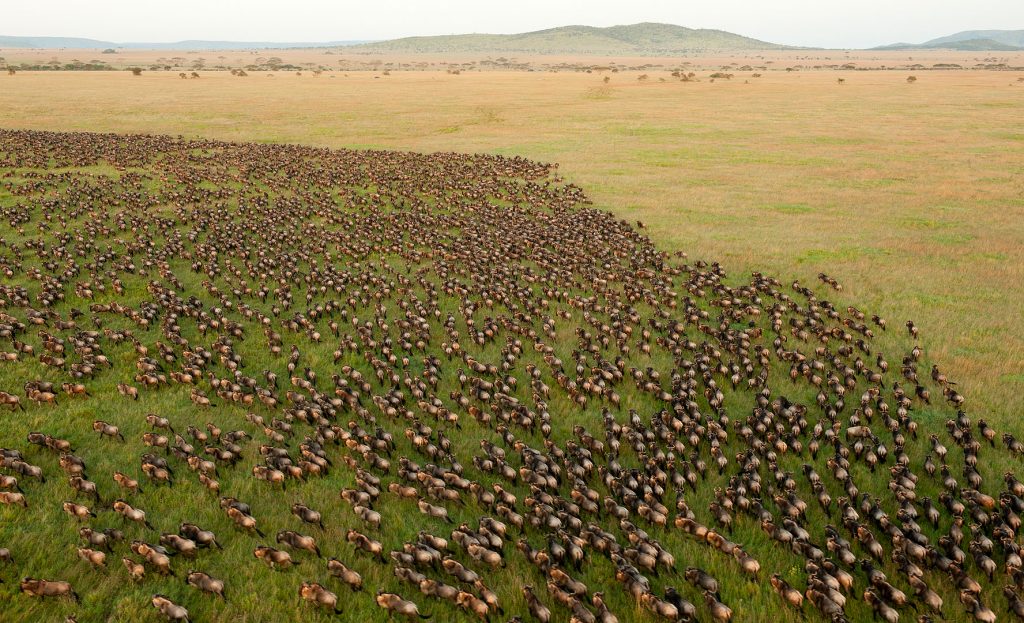
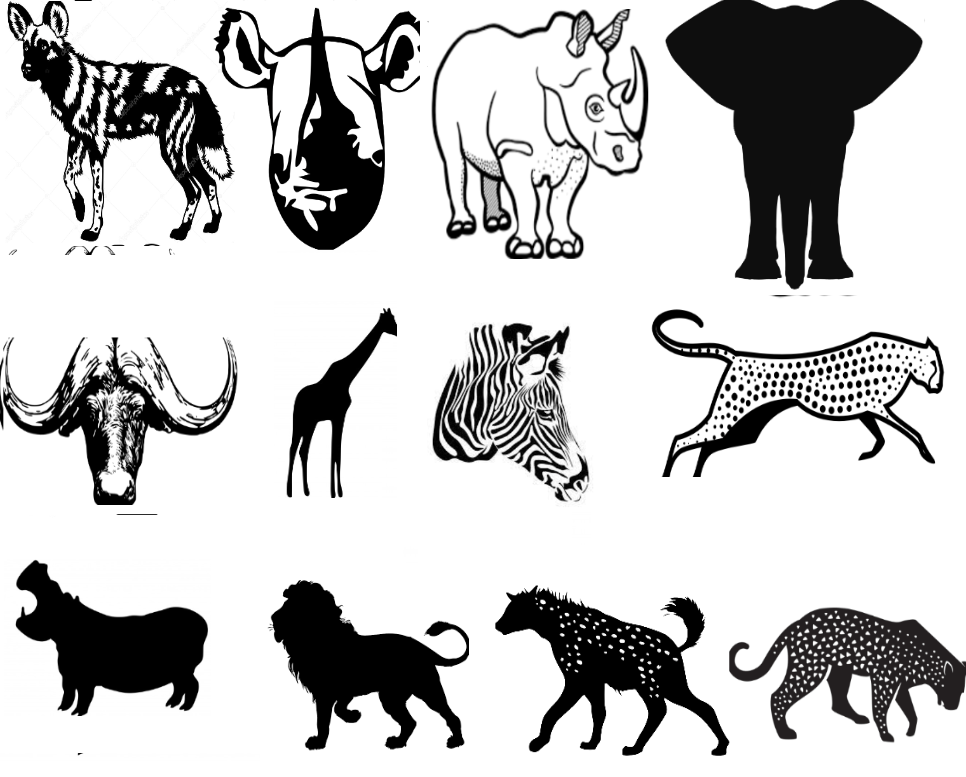
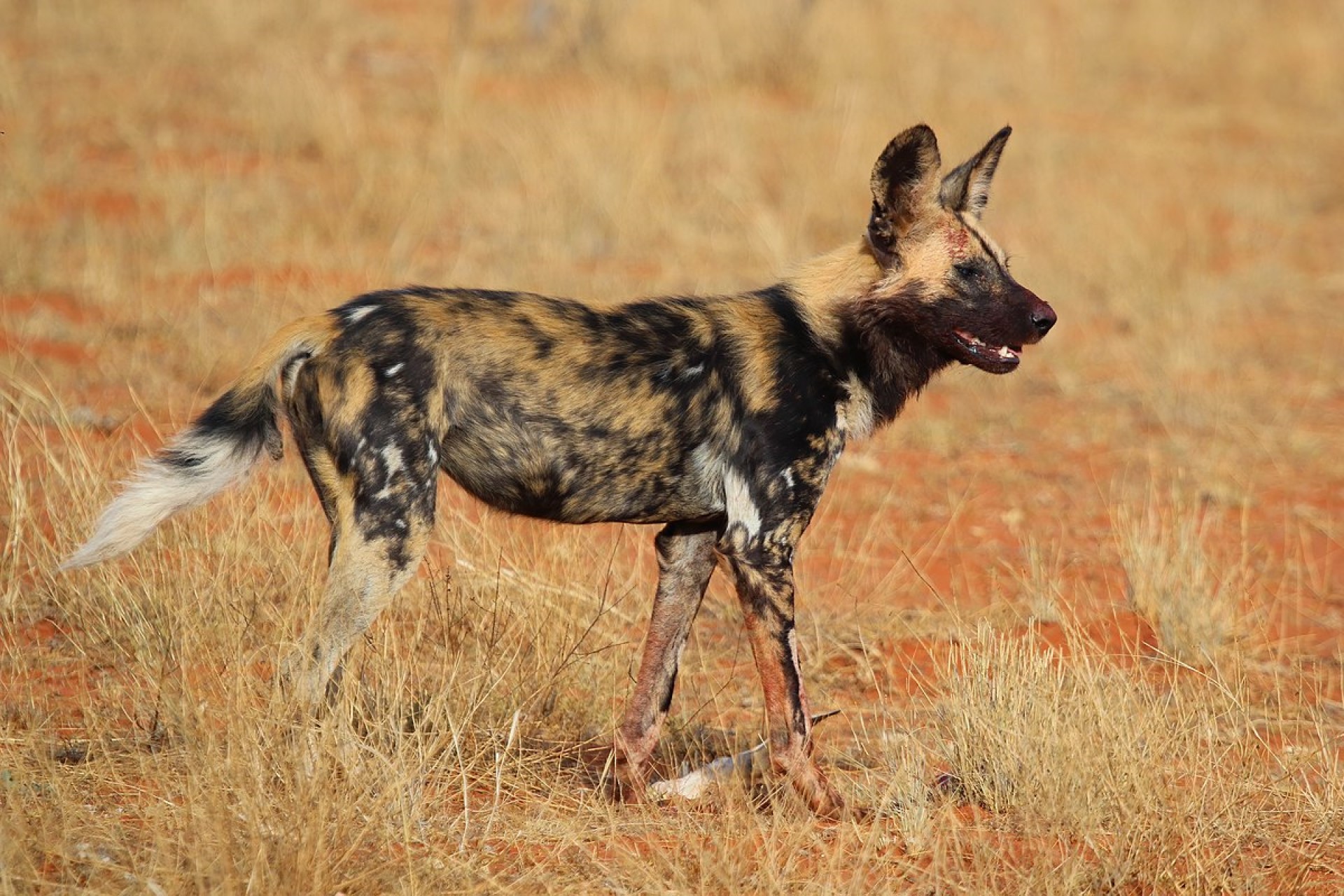

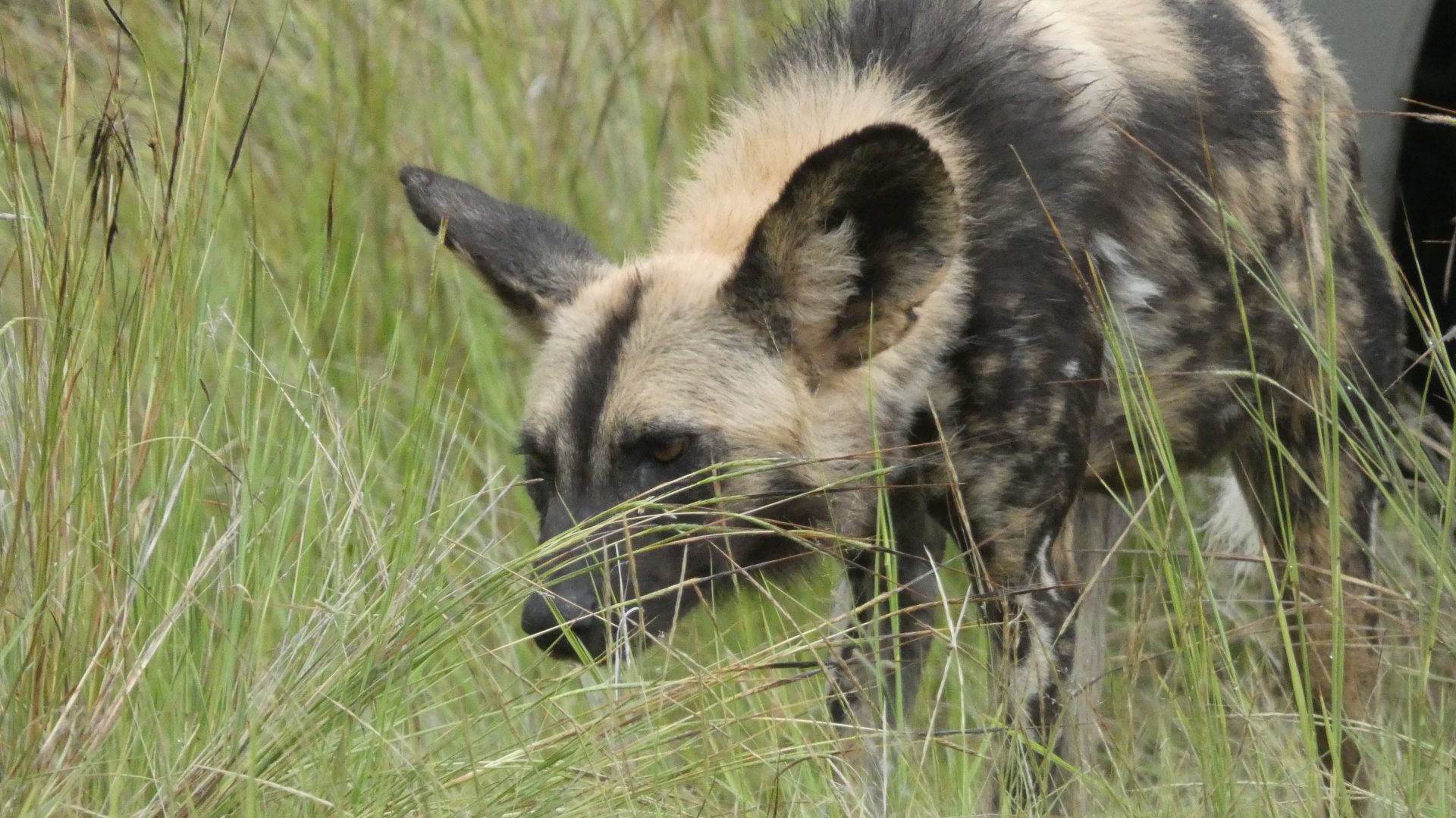
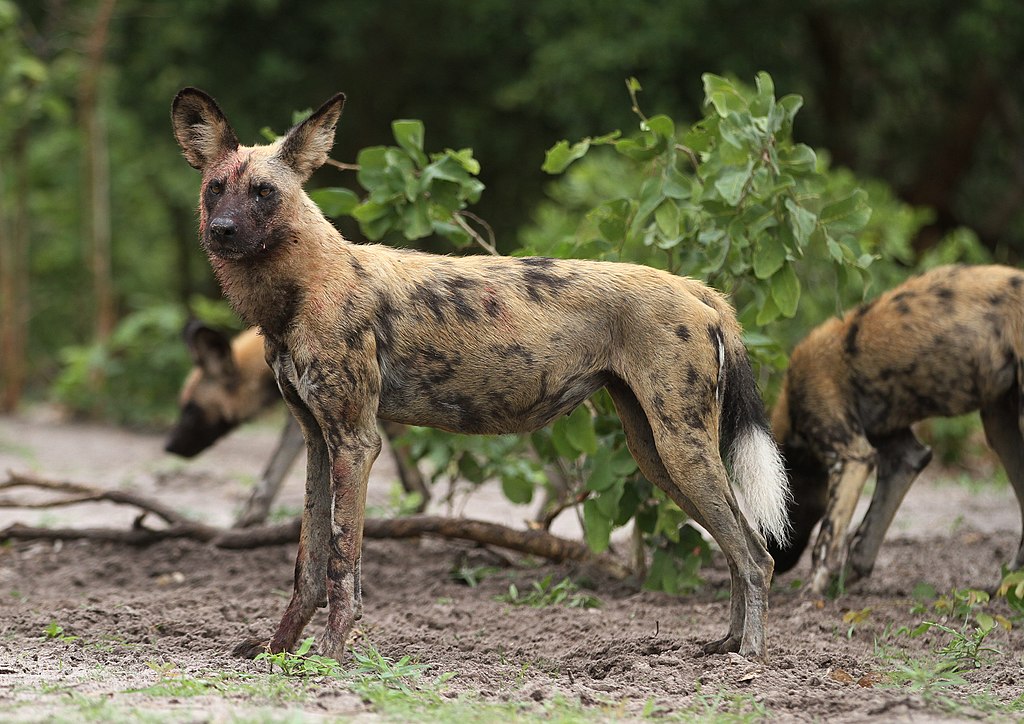
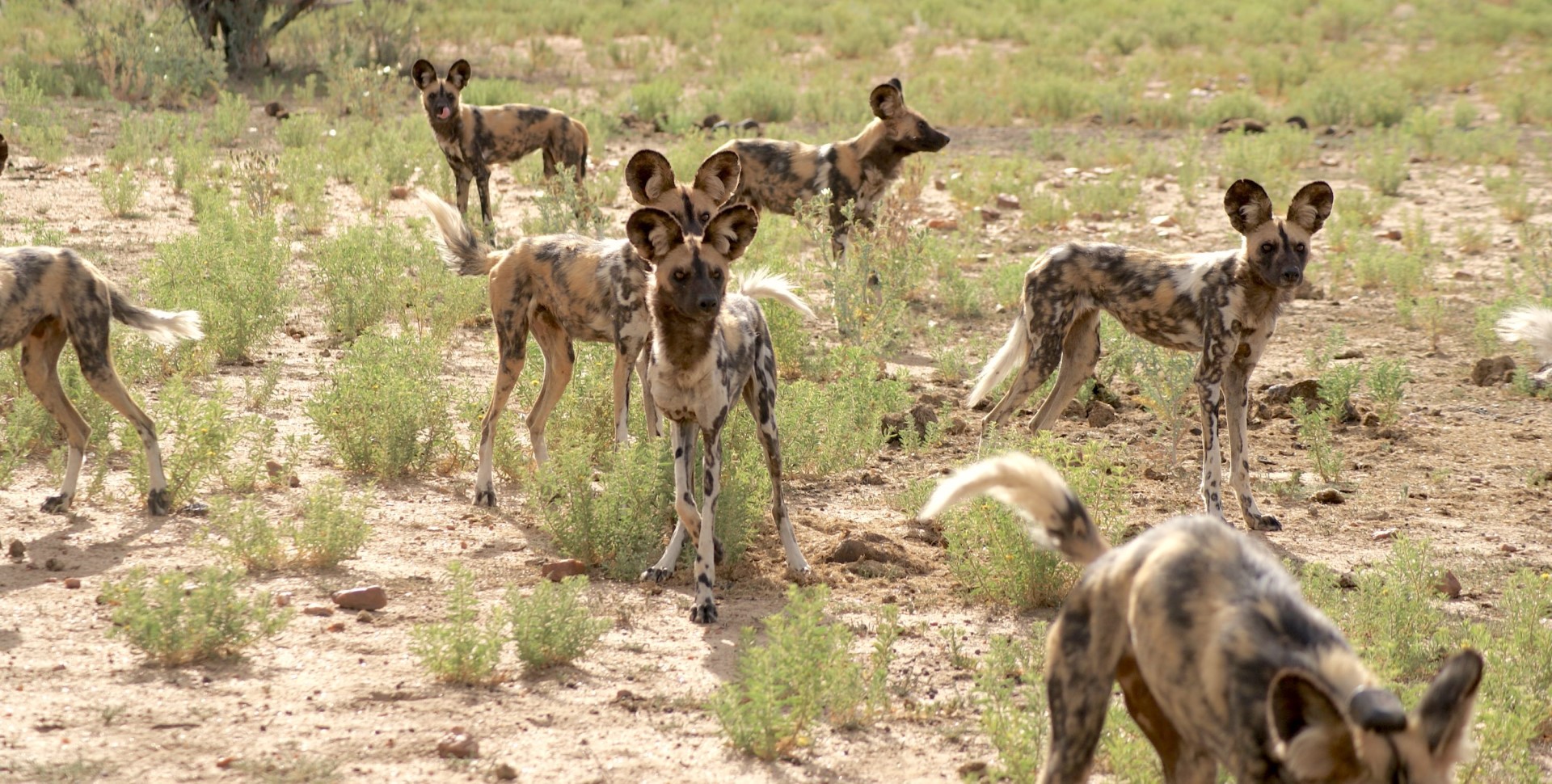
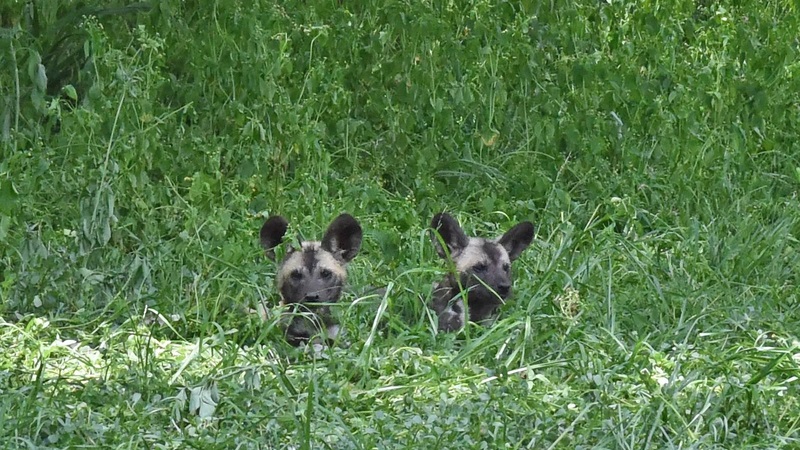
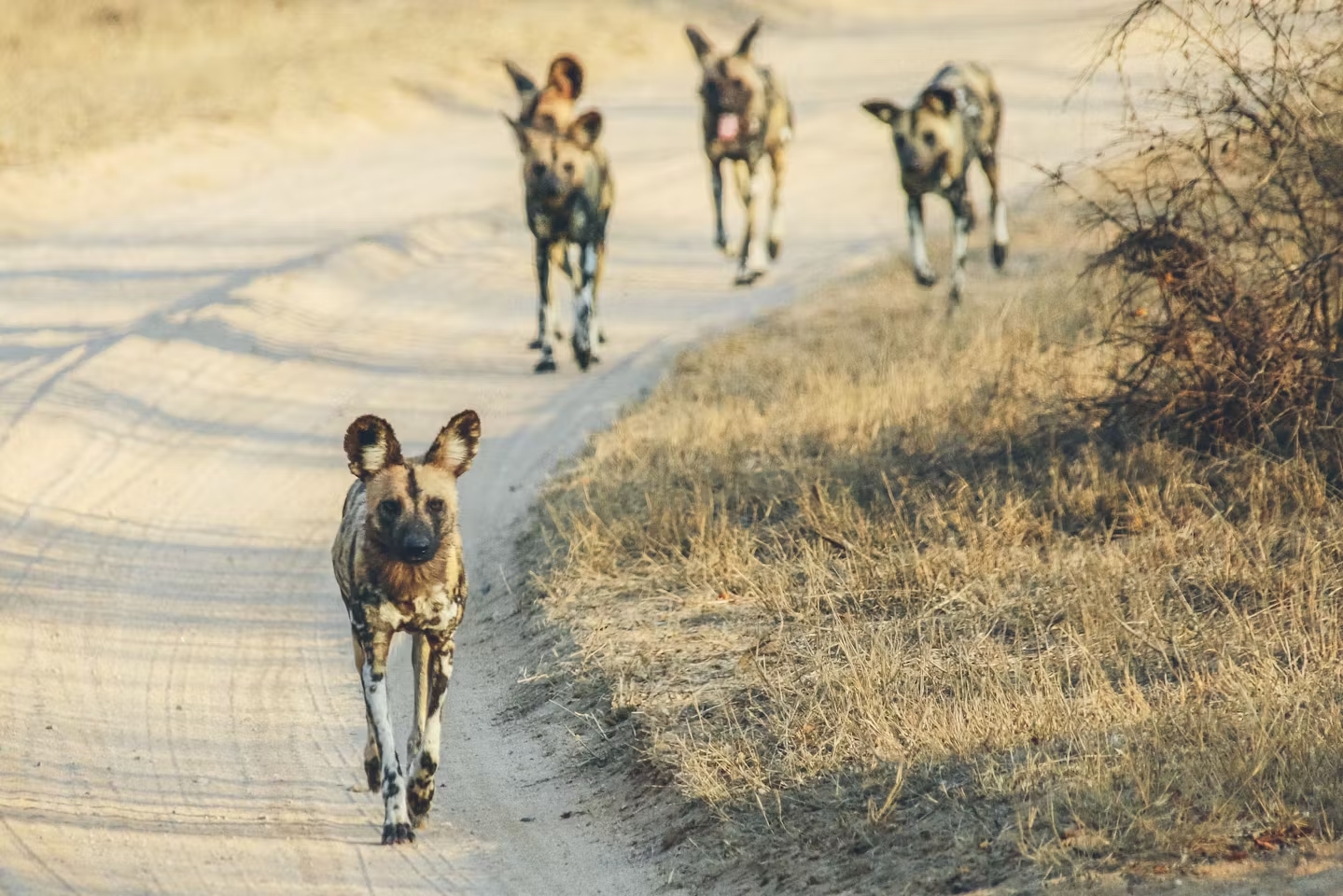
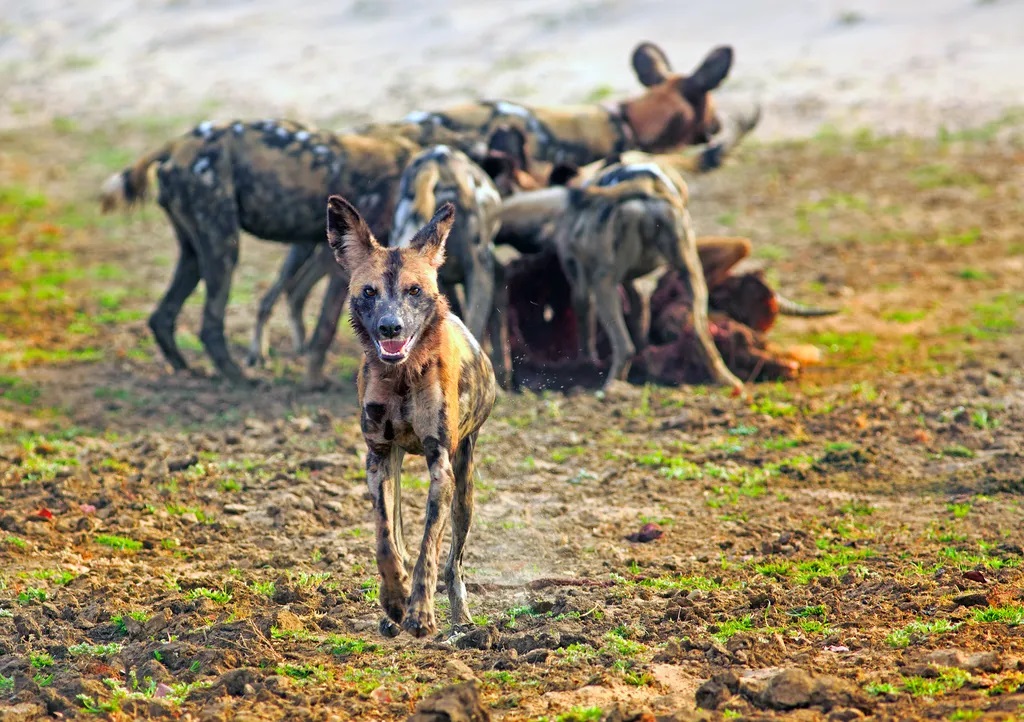
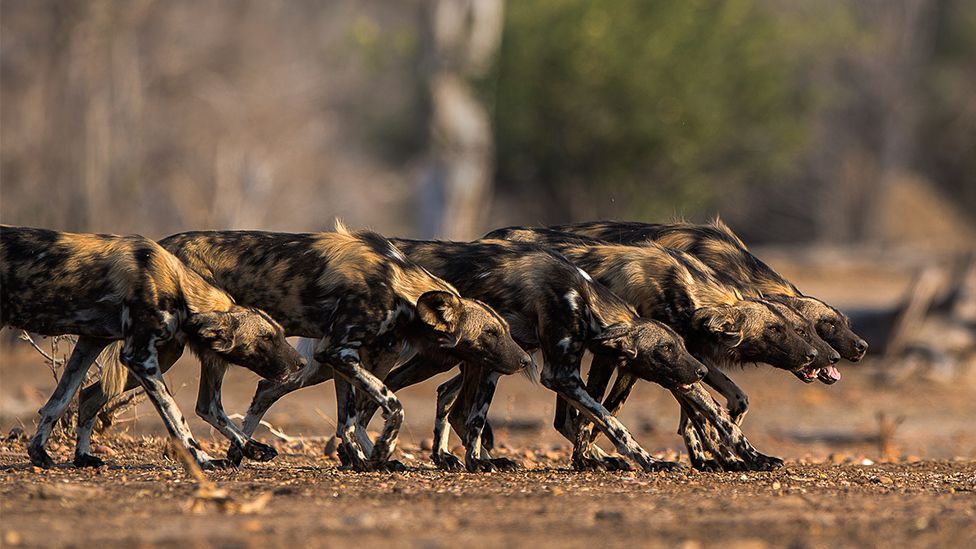
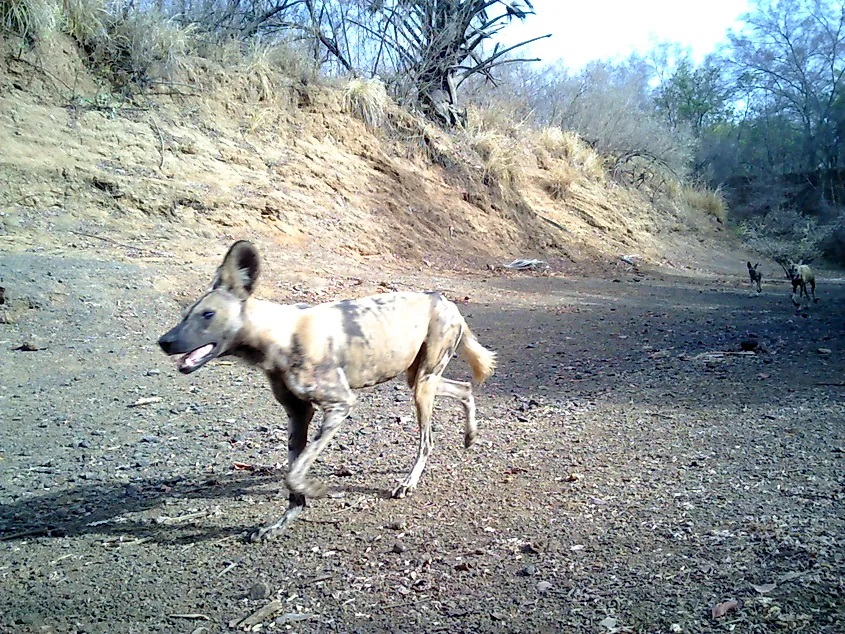
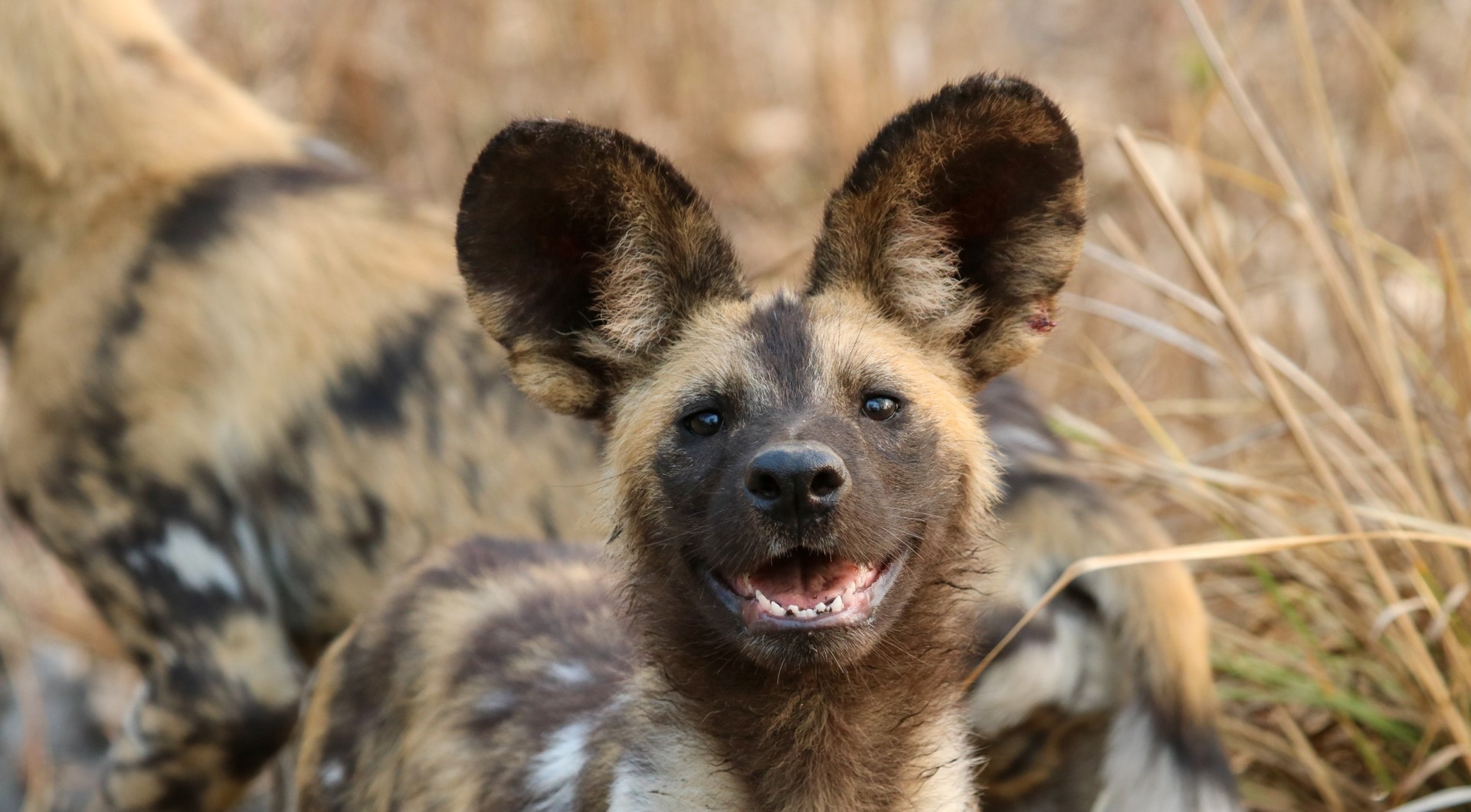
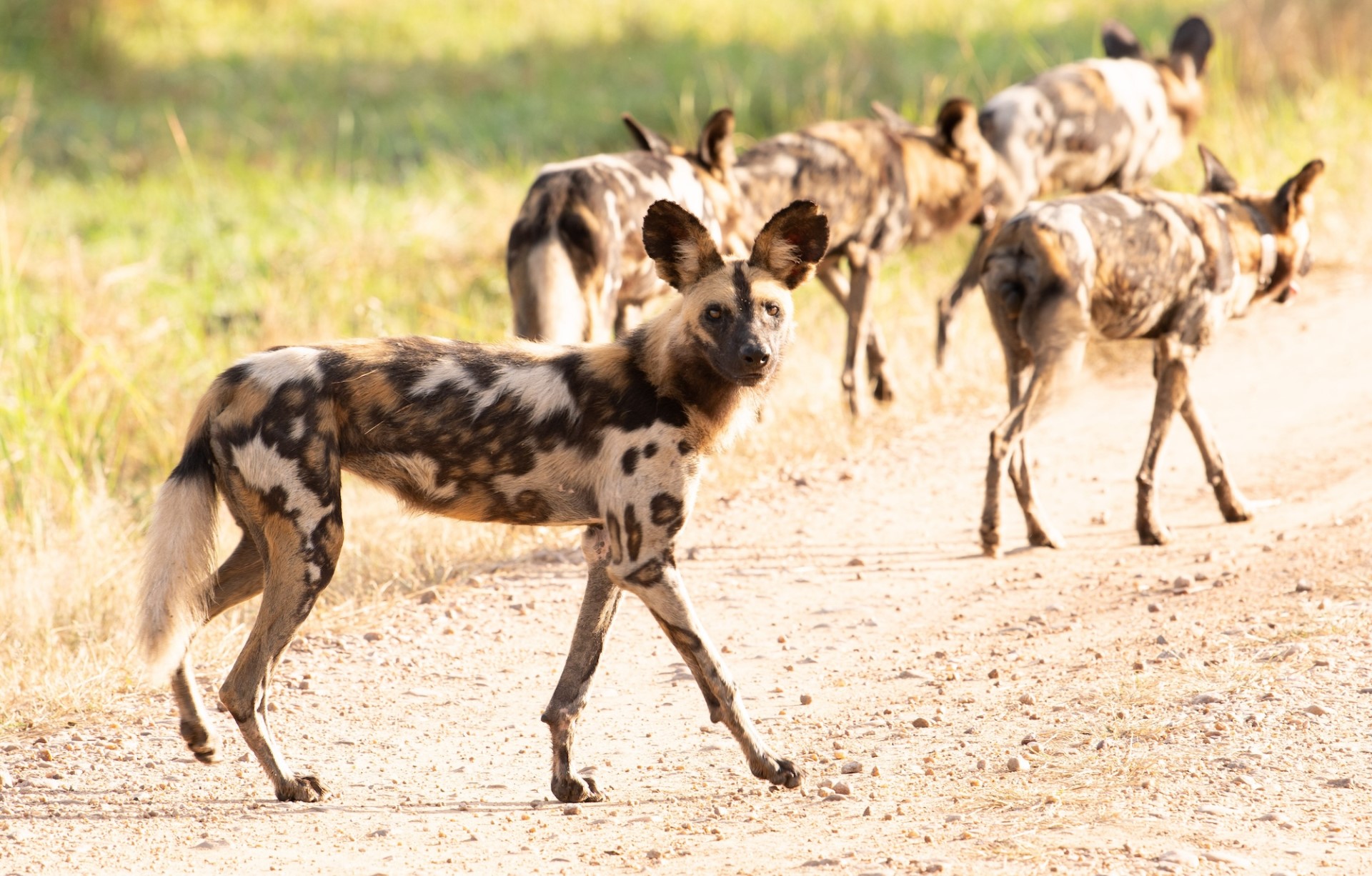
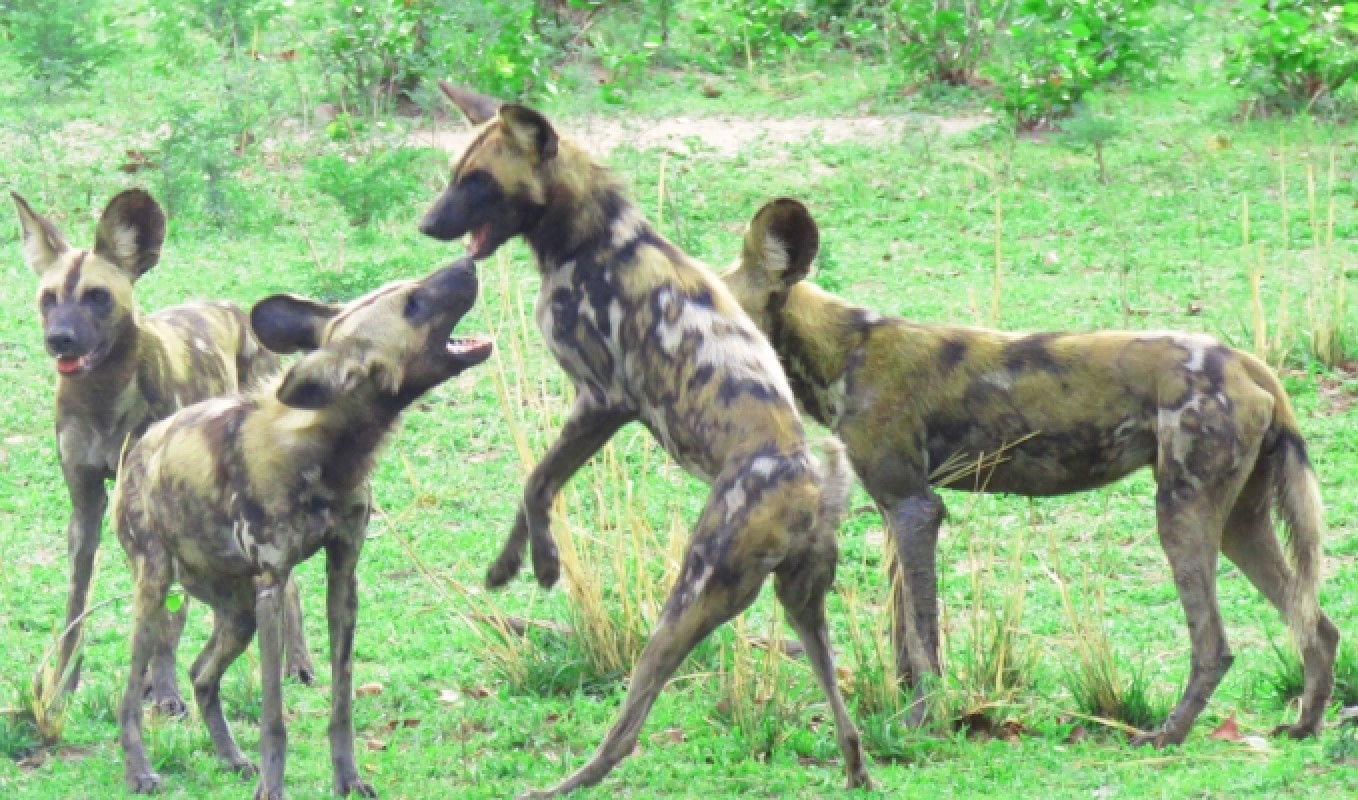
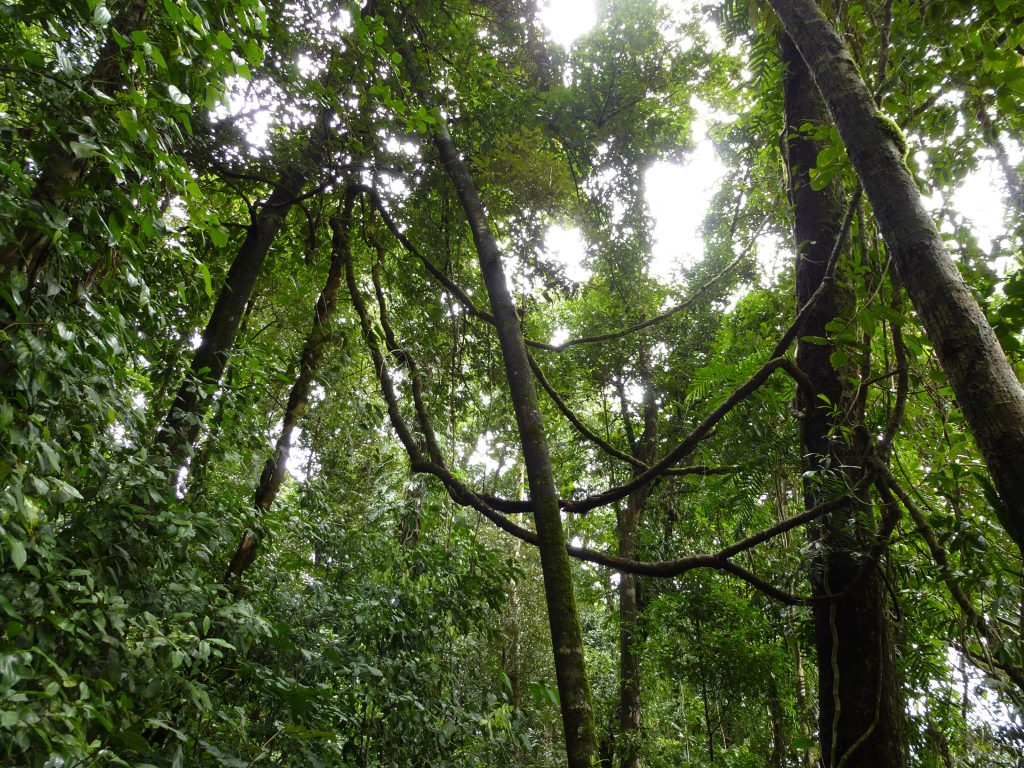
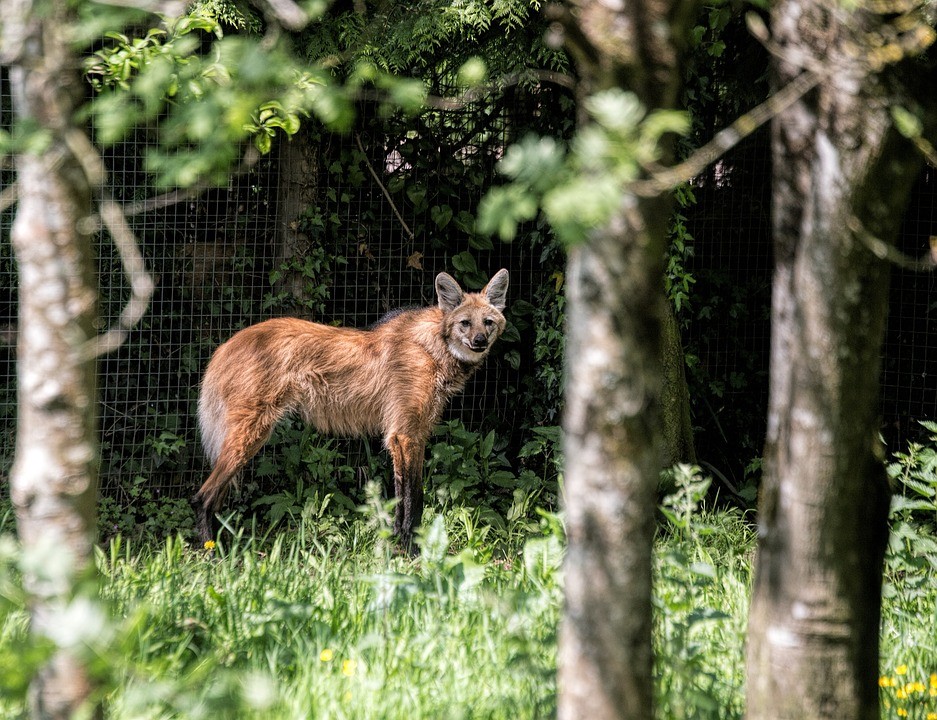
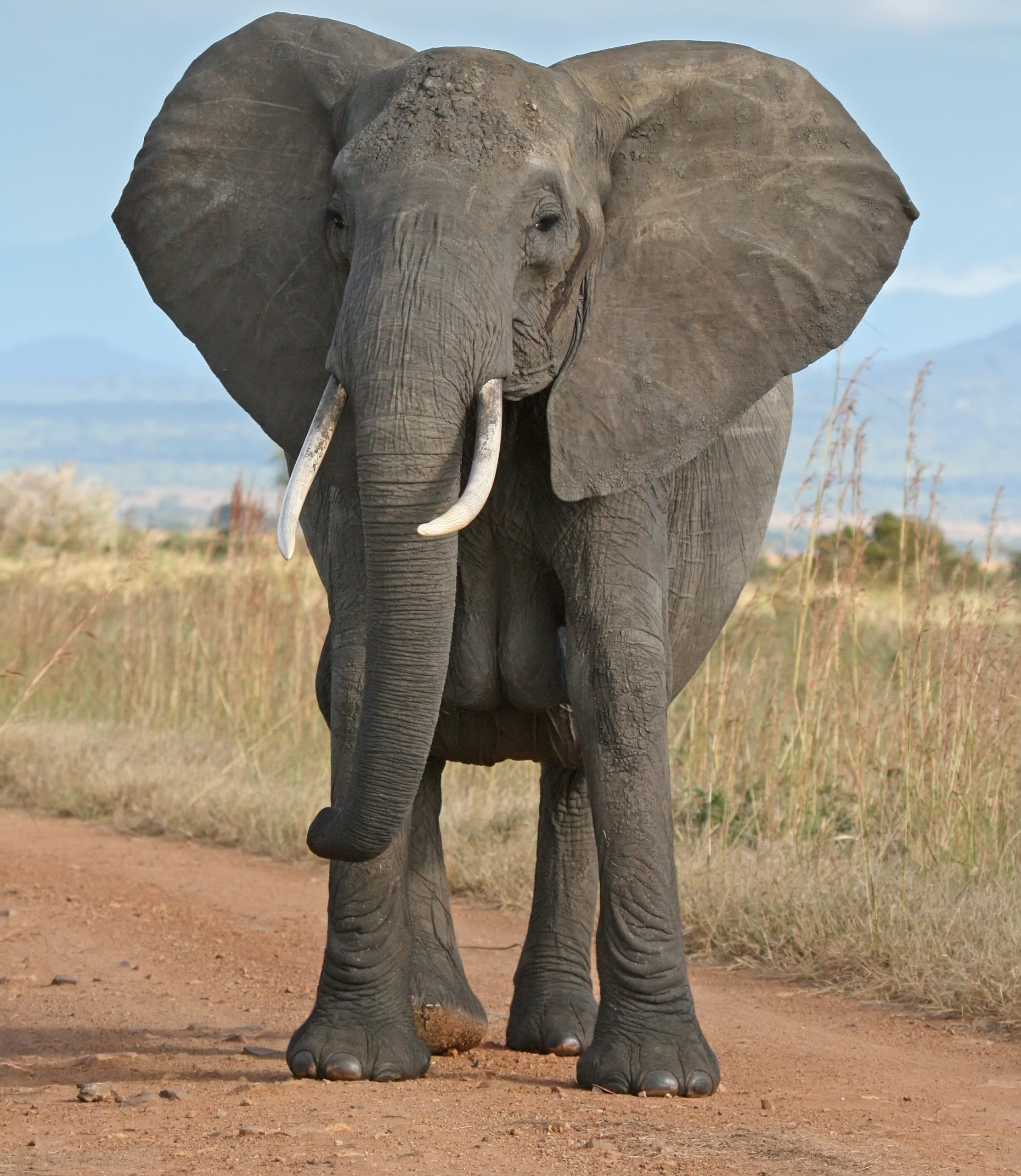
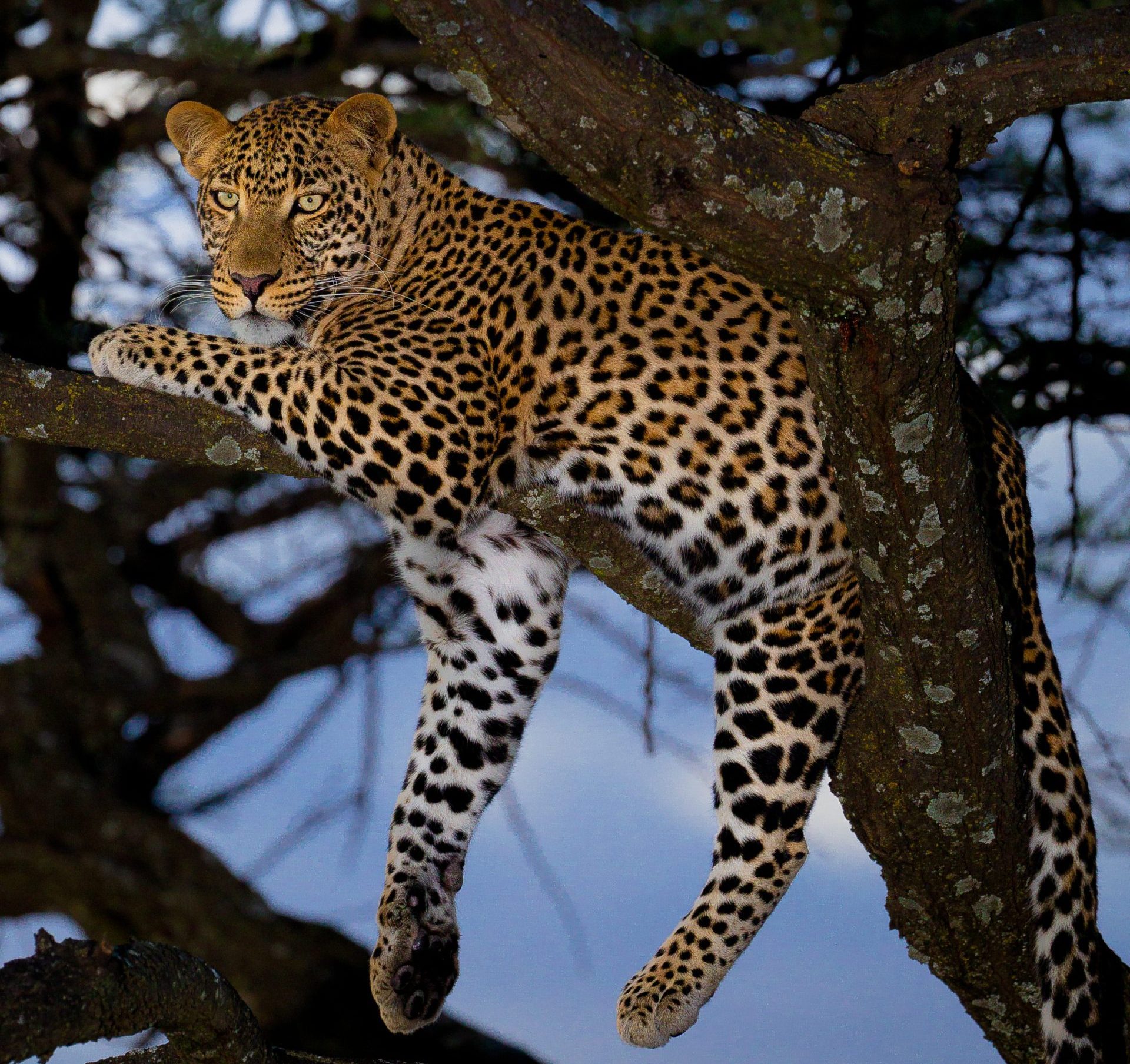
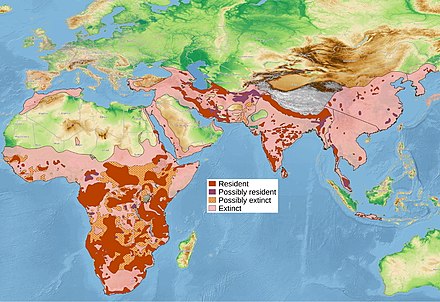 50 years ago, Africa was estimated to have 700,000 the current number is nearer to 50,000 (the 700,000 figure came from a study in 1988, estimates vary widely, when I have written all my African leopard pages, I will give an estimate based on all the country estimates (it should be noted, however that this may be no more accurate). This is not evenly spread, such that while 34 countries are thought to still host them. It should be noted, that the so called Barbary leopard is included in this subspecies. While there is still much debate (not least the suggestion that the Sahara might have stopped gene from from the Barbary region to the rest of Africa. In a similar way, there is discussion on a variety of different populations of leopards, but these will not get their own tab, until they are declared as recognized subspecies (there was, at one time as many as 37 claimed different subspecies of leopard spread across Africa and Asia, many were lost, when the genetic differences were found to be so small).
50 years ago, Africa was estimated to have 700,000 the current number is nearer to 50,000 (the 700,000 figure came from a study in 1988, estimates vary widely, when I have written all my African leopard pages, I will give an estimate based on all the country estimates (it should be noted, however that this may be no more accurate). This is not evenly spread, such that while 34 countries are thought to still host them. It should be noted, that the so called Barbary leopard is included in this subspecies. While there is still much debate (not least the suggestion that the Sahara might have stopped gene from from the Barbary region to the rest of Africa. In a similar way, there is discussion on a variety of different populations of leopards, but these will not get their own tab, until they are declared as recognized subspecies (there was, at one time as many as 37 claimed different subspecies of leopard spread across Africa and Asia, many were lost, when the genetic differences were found to be so small).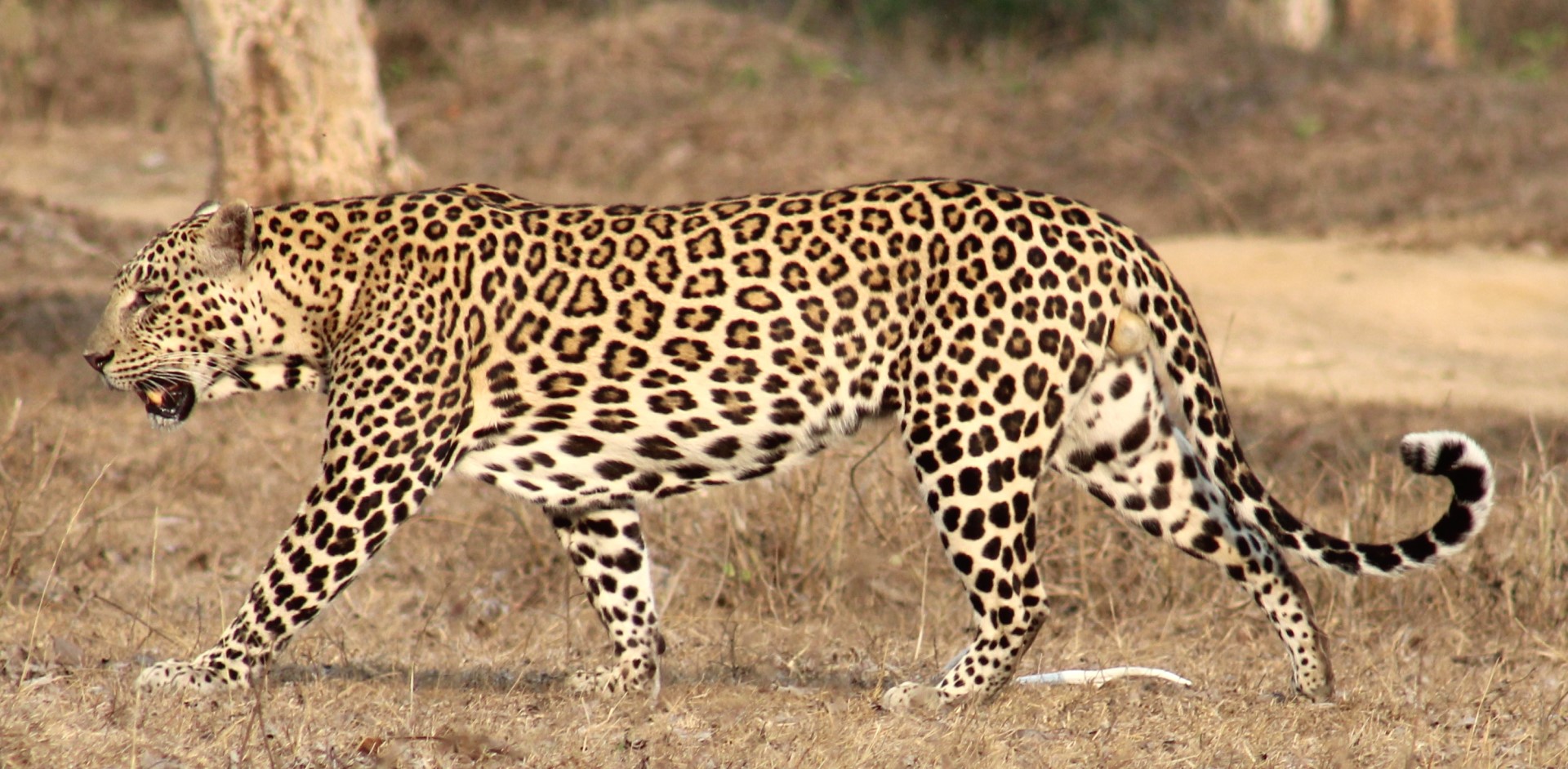
 The number of Indian leopards in the wild is a worryingly low number. Some places suggest around 9500, while others suggest 12,000-14,000 (remember that the area of
The number of Indian leopards in the wild is a worryingly low number. Some places suggest around 9500, while others suggest 12,000-14,000 (remember that the area of 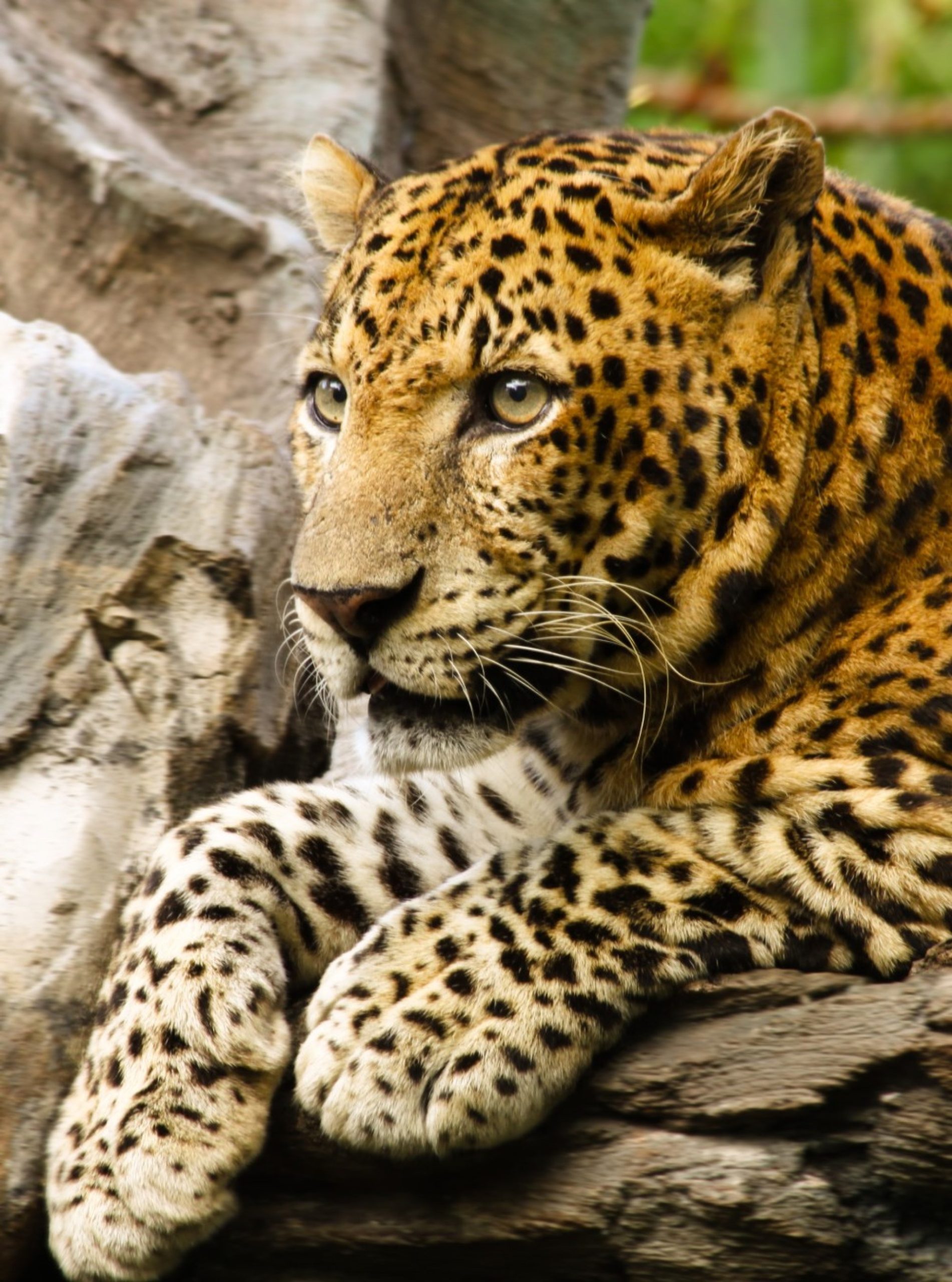
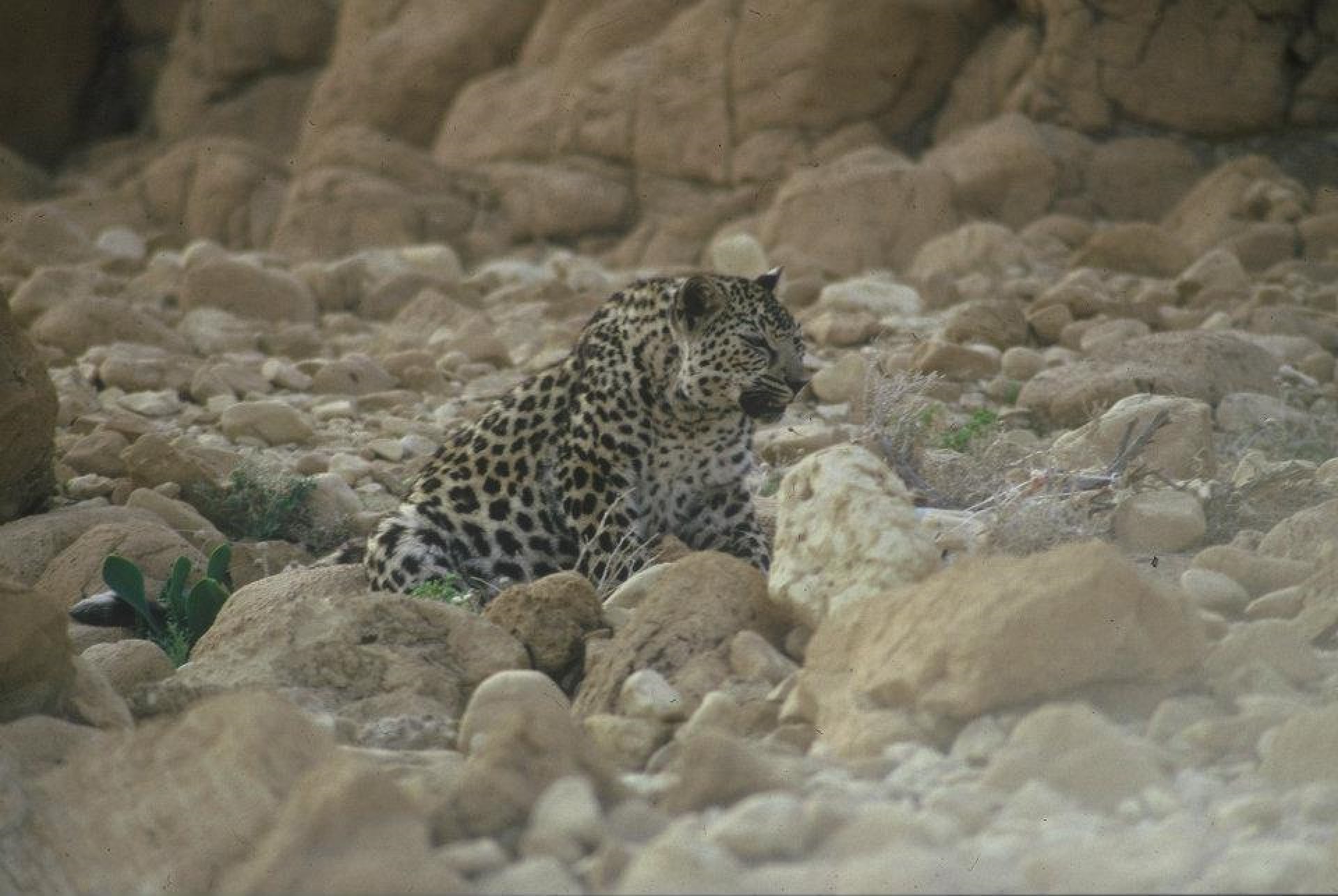
 In 2008, the size of this subspecies left in the wild was thought to be between 45 and 200. As such, it is perhaps not surprising that this subspecies has been critically endangered since 1996.
In 2008, the size of this subspecies left in the wild was thought to be between 45 and 200. As such, it is perhaps not surprising that this subspecies has been critically endangered since 1996.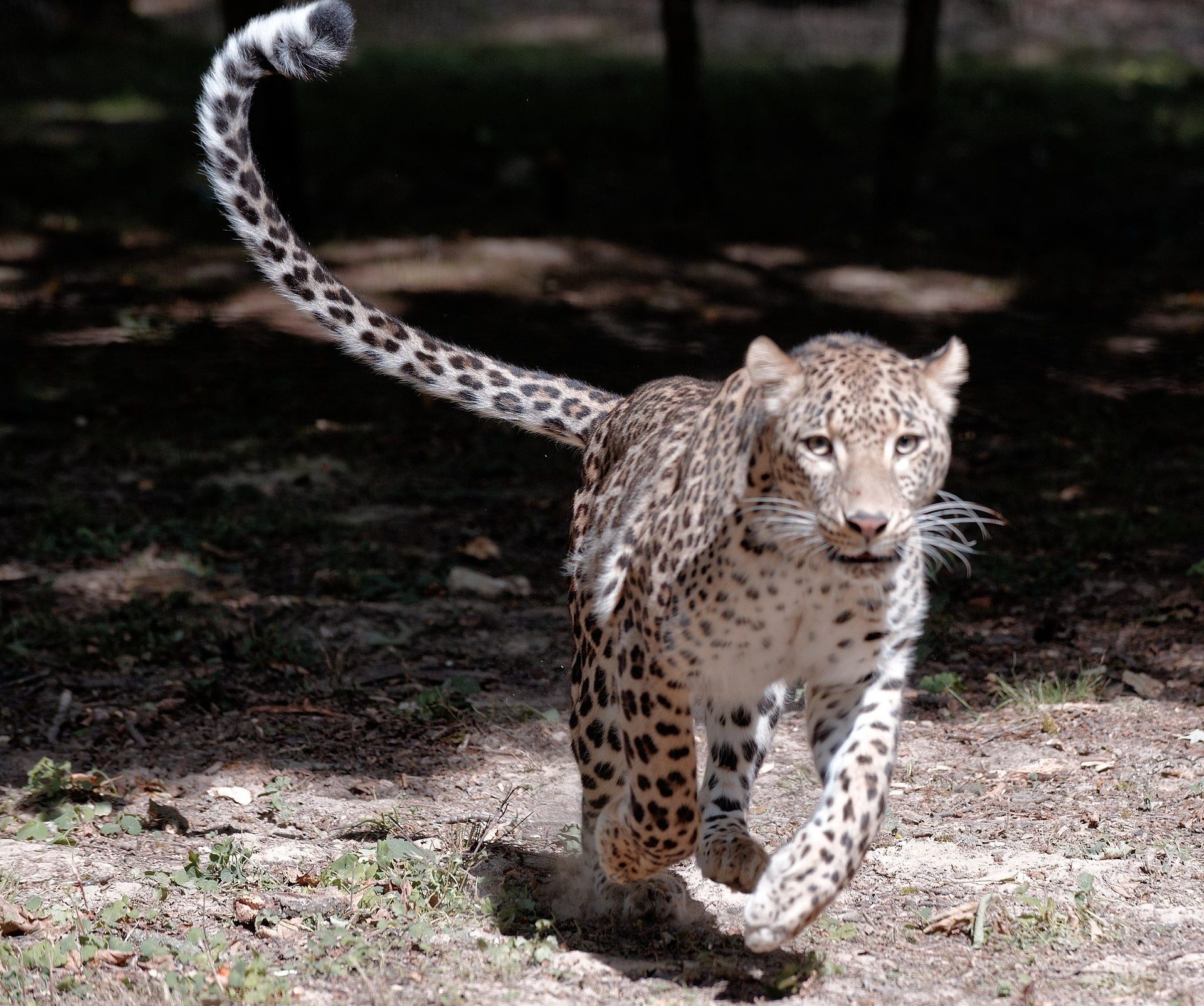
 Caucasian (also called Persian) Leopard)
Caucasian (also called Persian) Leopard) 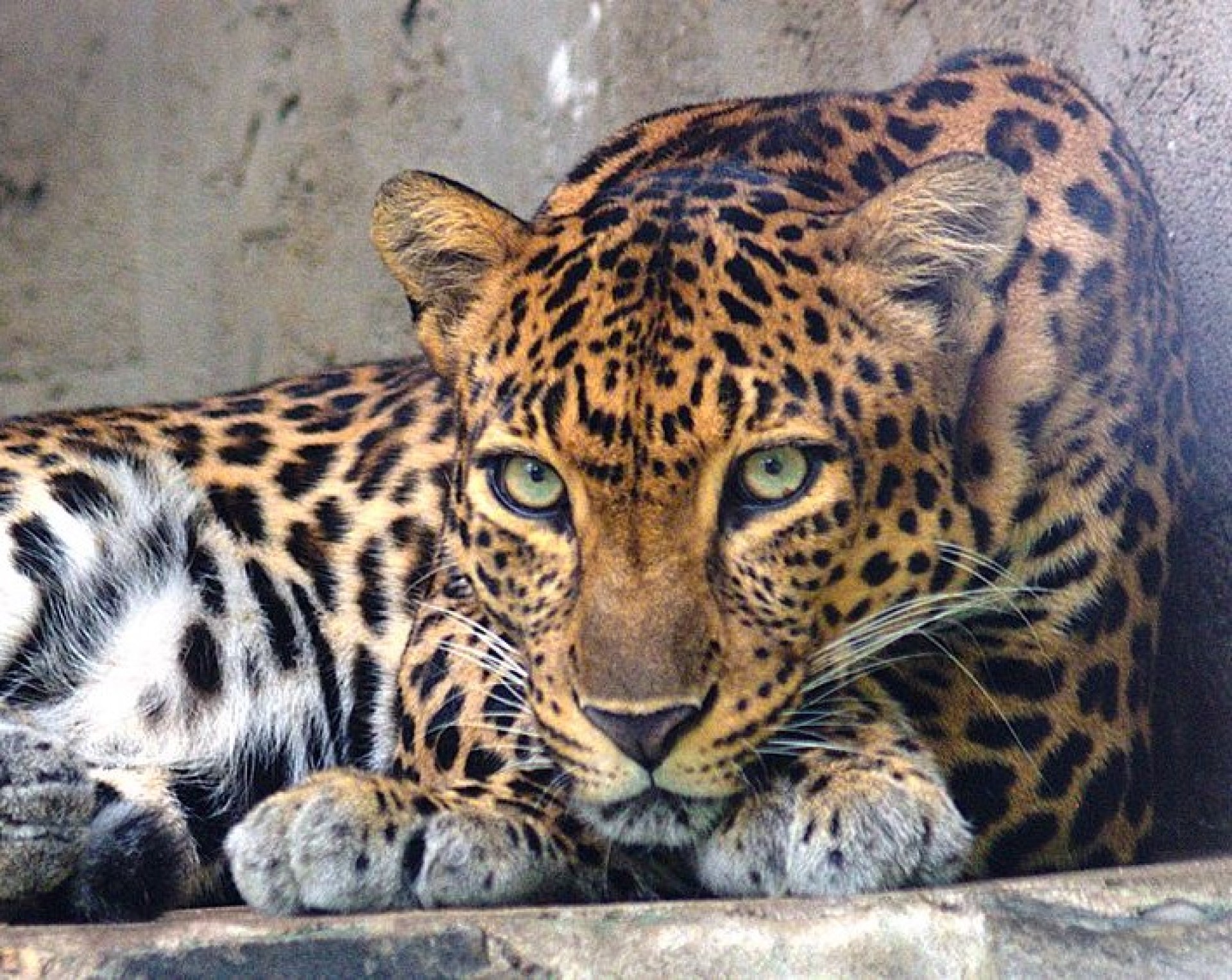
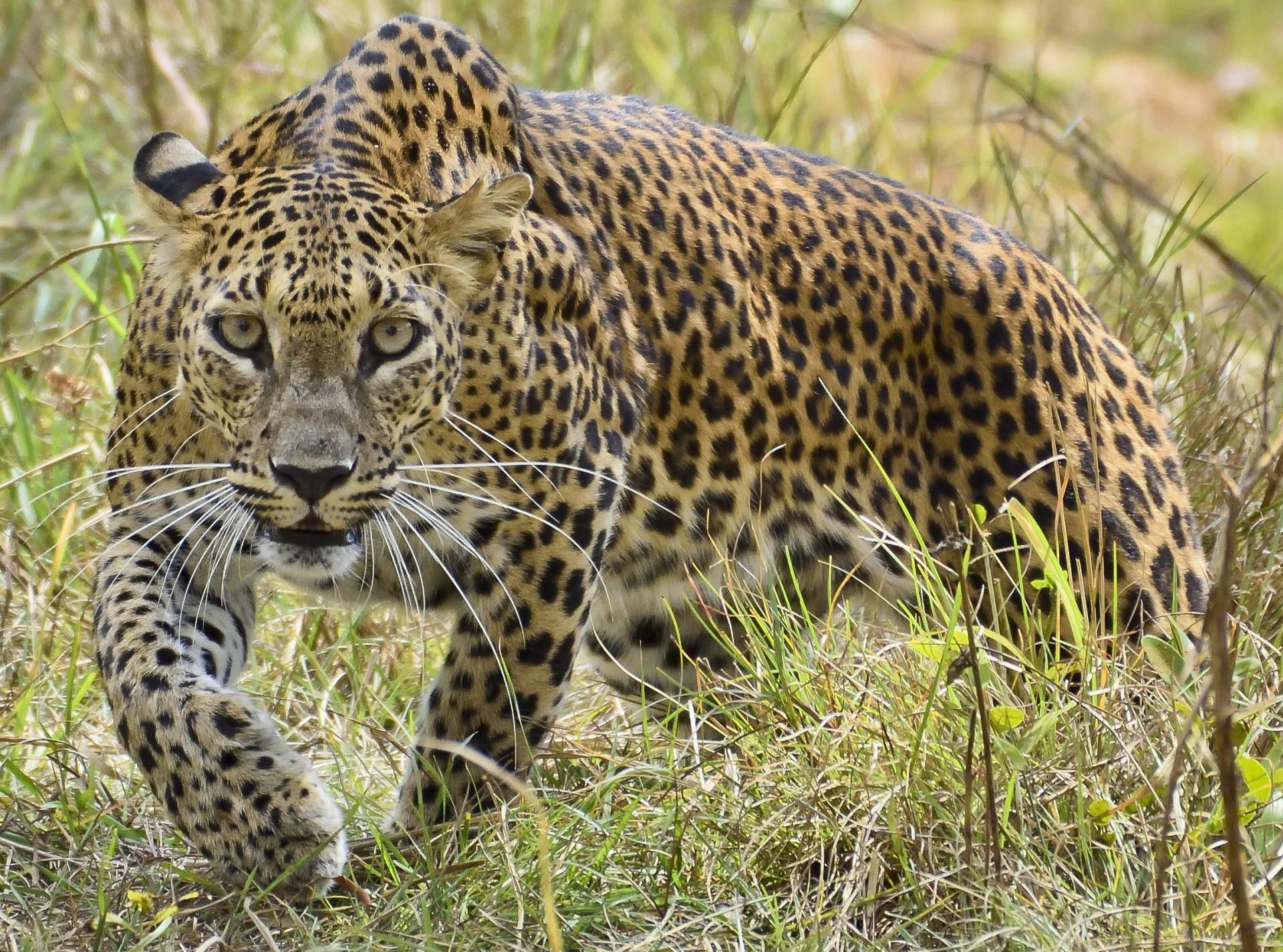
 Only described in 1956, they are relatively similar to the Indian Leopard, and were thought to be part of that subspecies until then. There are only 800 of this subspecies of leopard, and they were listed as vulnerable in 2020, and unfortunately it is thought to still be declining. It is thought, that as a result of being the apex predator on the island, they have got bigger.
Only described in 1956, they are relatively similar to the Indian Leopard, and were thought to be part of that subspecies until then. There are only 800 of this subspecies of leopard, and they were listed as vulnerable in 2020, and unfortunately it is thought to still be declining. It is thought, that as a result of being the apex predator on the island, they have got bigger.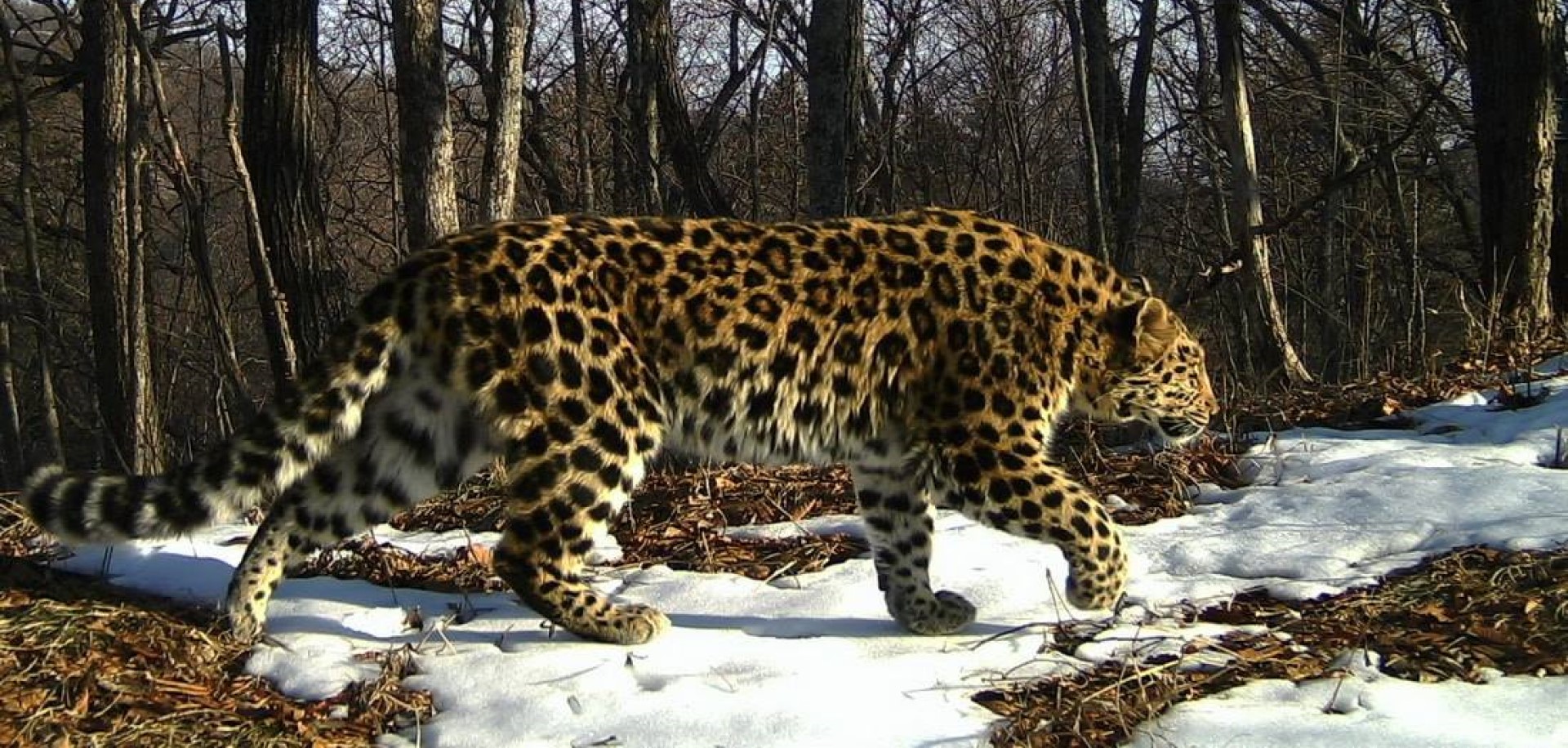
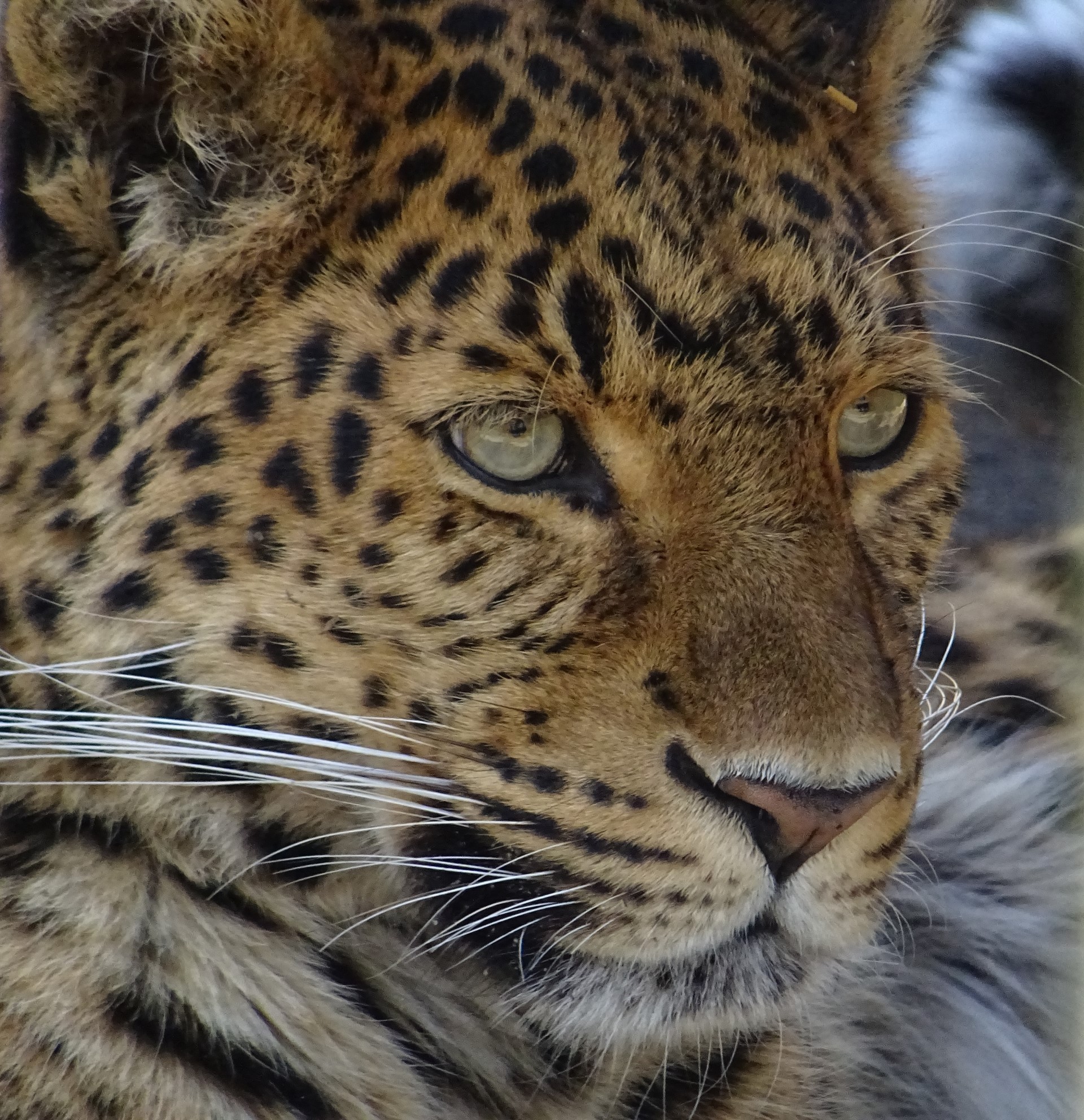
 Records from before 1930 suggest that this species of Leopard used to live near Beijing and in the mountains to the North-west. The wild population is estimated at around 110, so is one of the more endangered leopard species in the world. It is thought that this population and the Amur Leopard species were connected until just a few hundred years ago. As such, it may well be possible to boost genetic variability if that were to become necessary.
Records from before 1930 suggest that this species of Leopard used to live near Beijing and in the mountains to the North-west. The wild population is estimated at around 110, so is one of the more endangered leopard species in the world. It is thought that this population and the Amur Leopard species were connected until just a few hundred years ago. As such, it may well be possible to boost genetic variability if that were to become necessary.
 Like many cats – both big and lesser cats, they have rare colourings. These are not separate species, instead they are either melanistic, or albino.
Like many cats – both big and lesser cats, they have rare colourings. These are not separate species, instead they are either melanistic, or albino.









